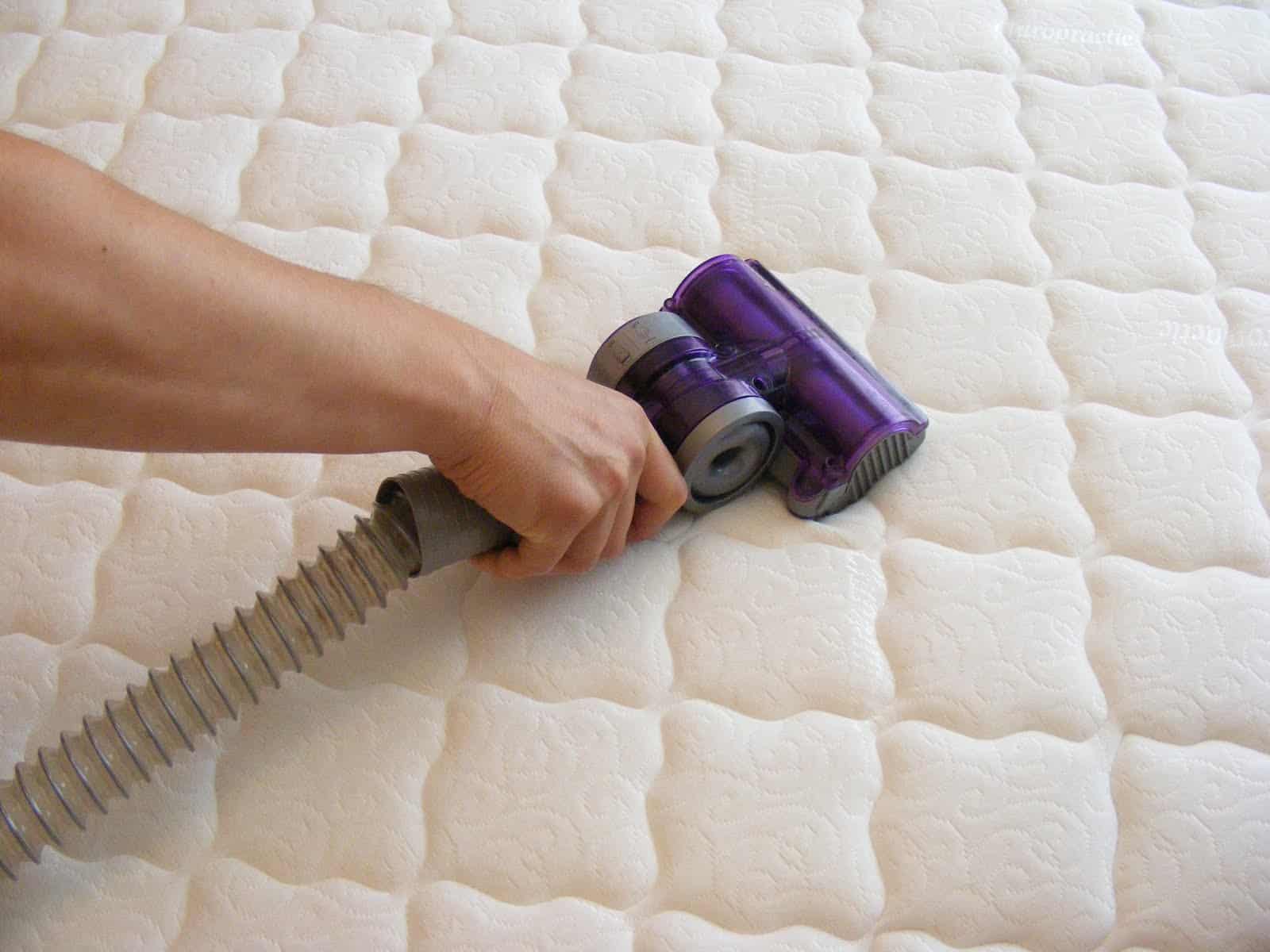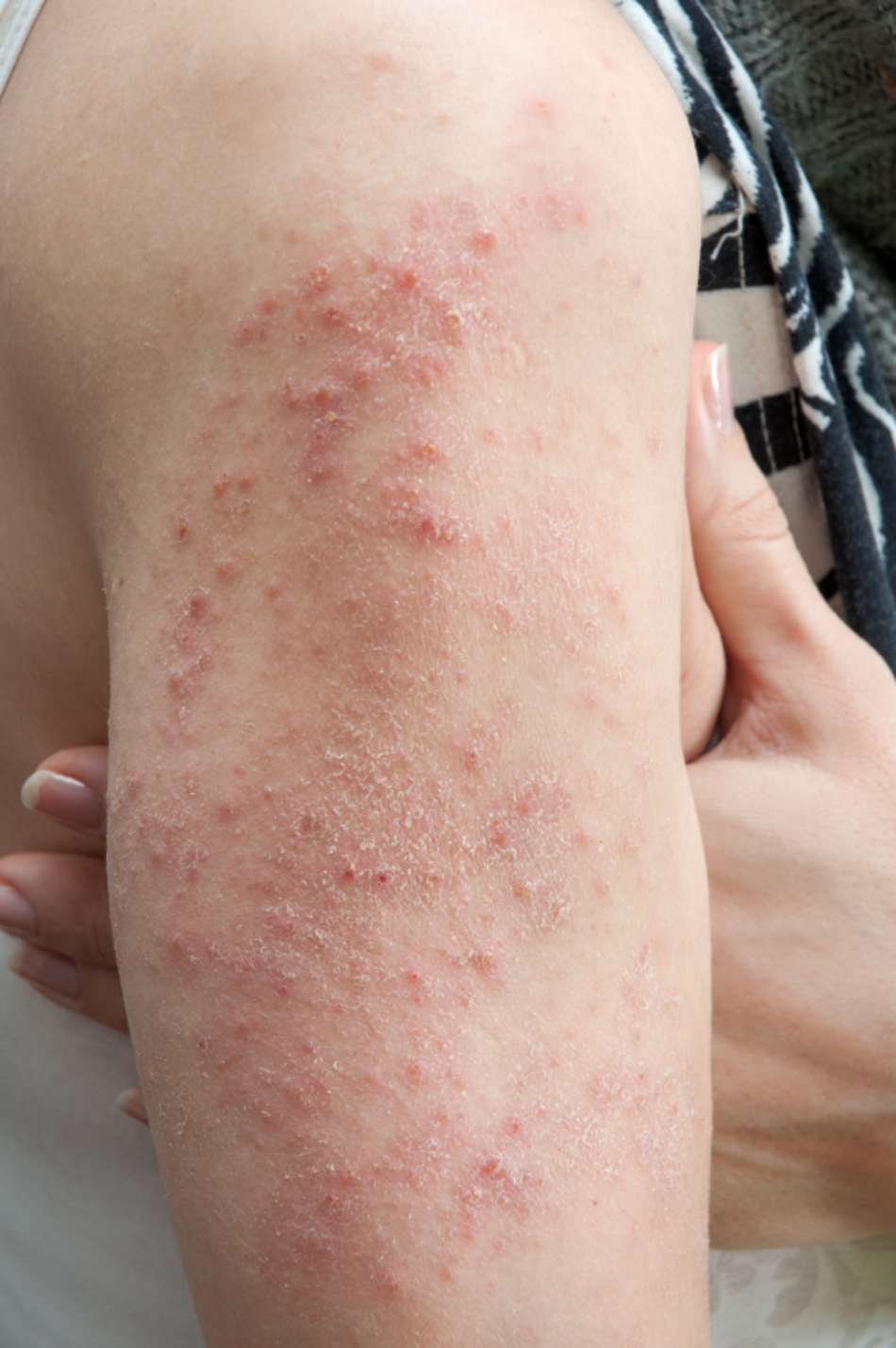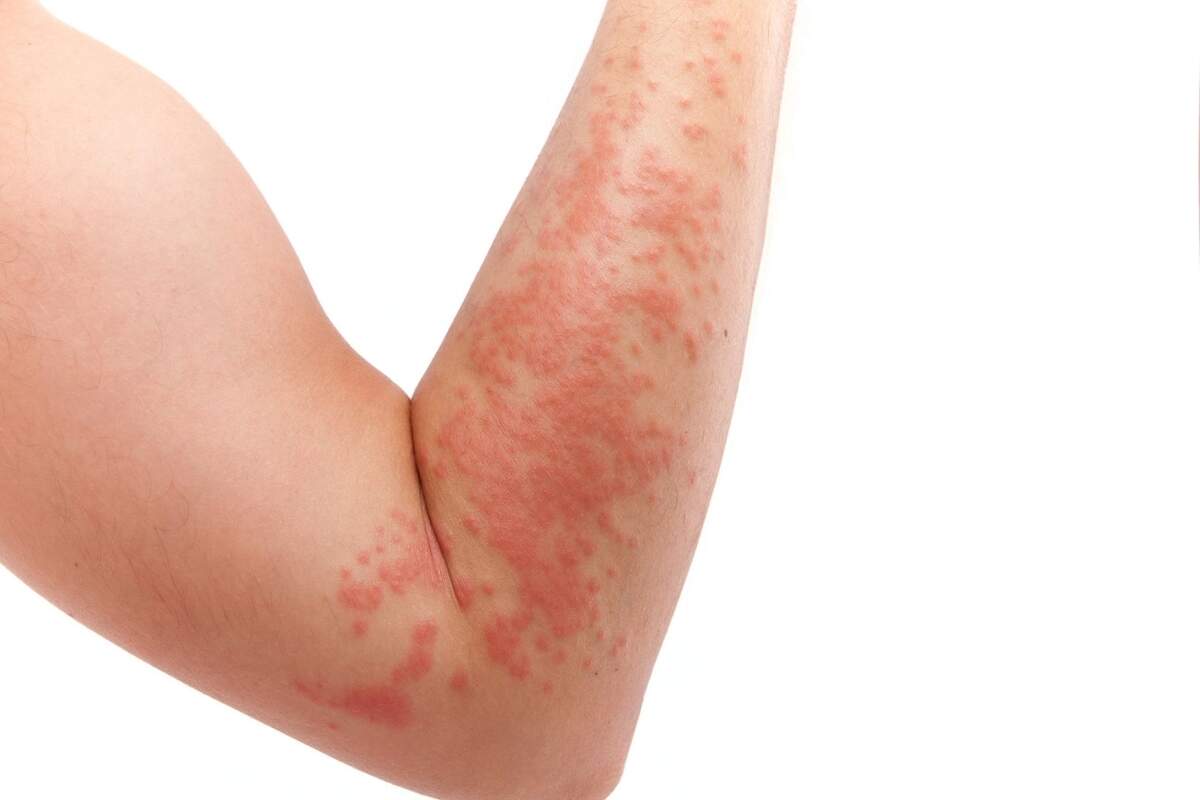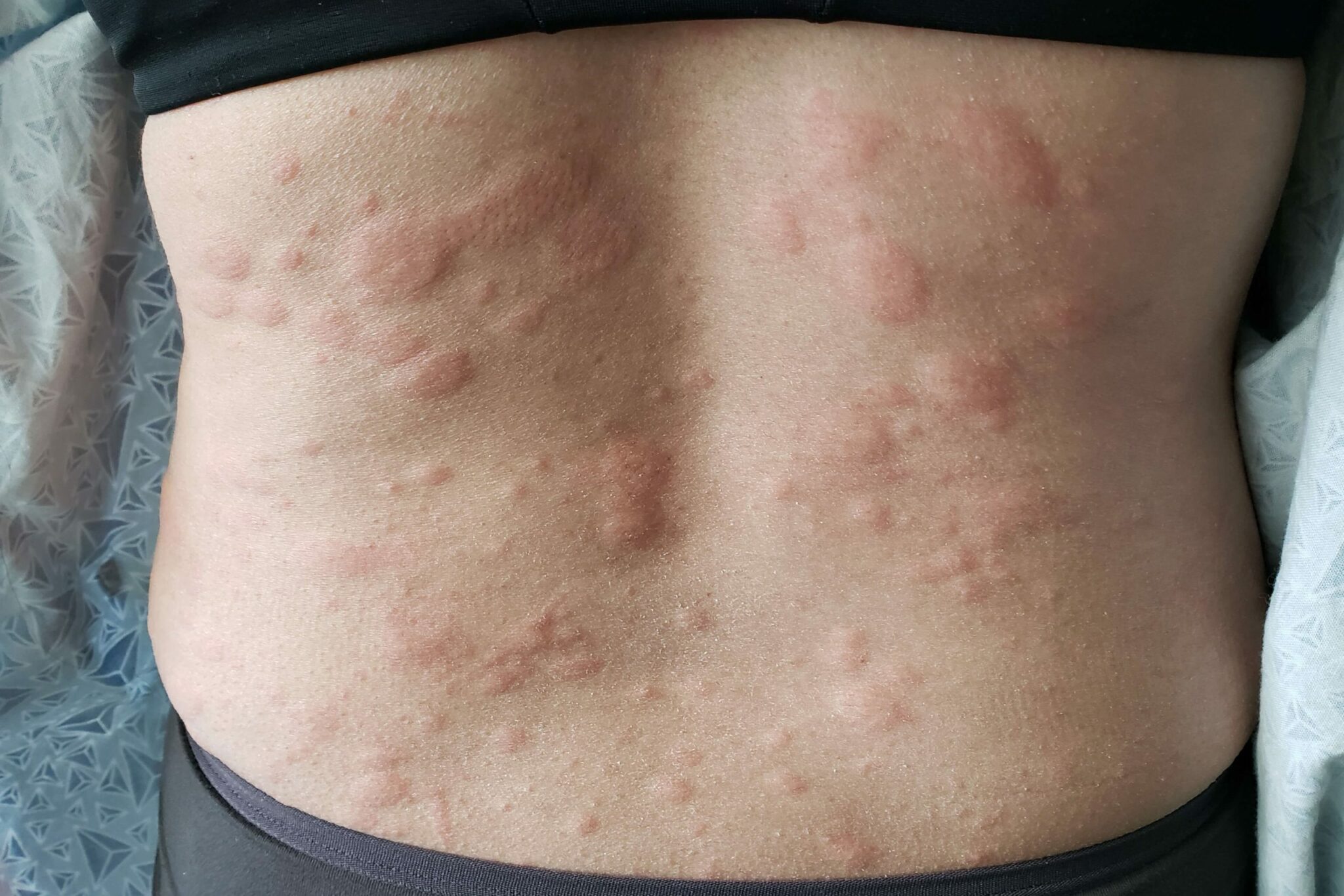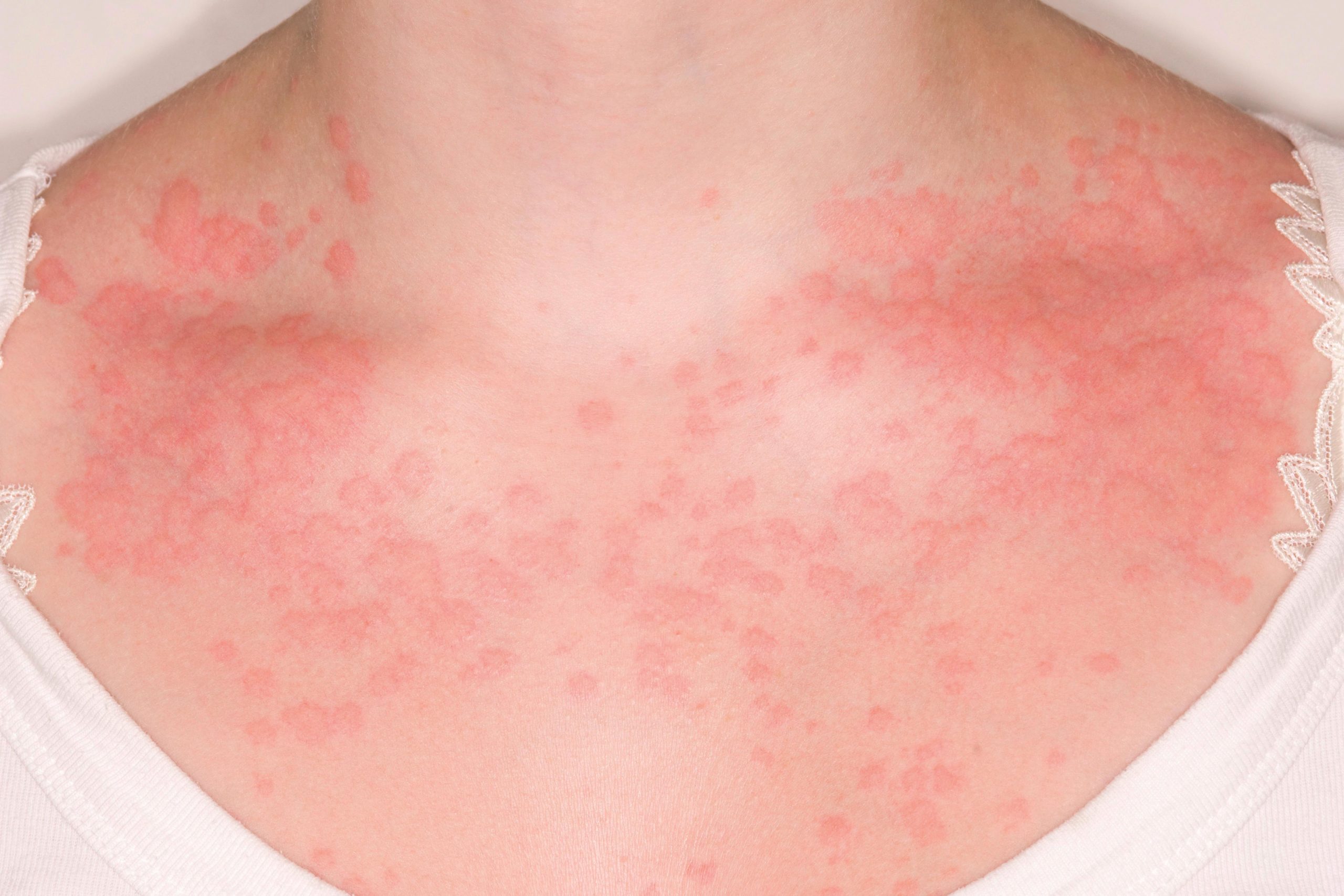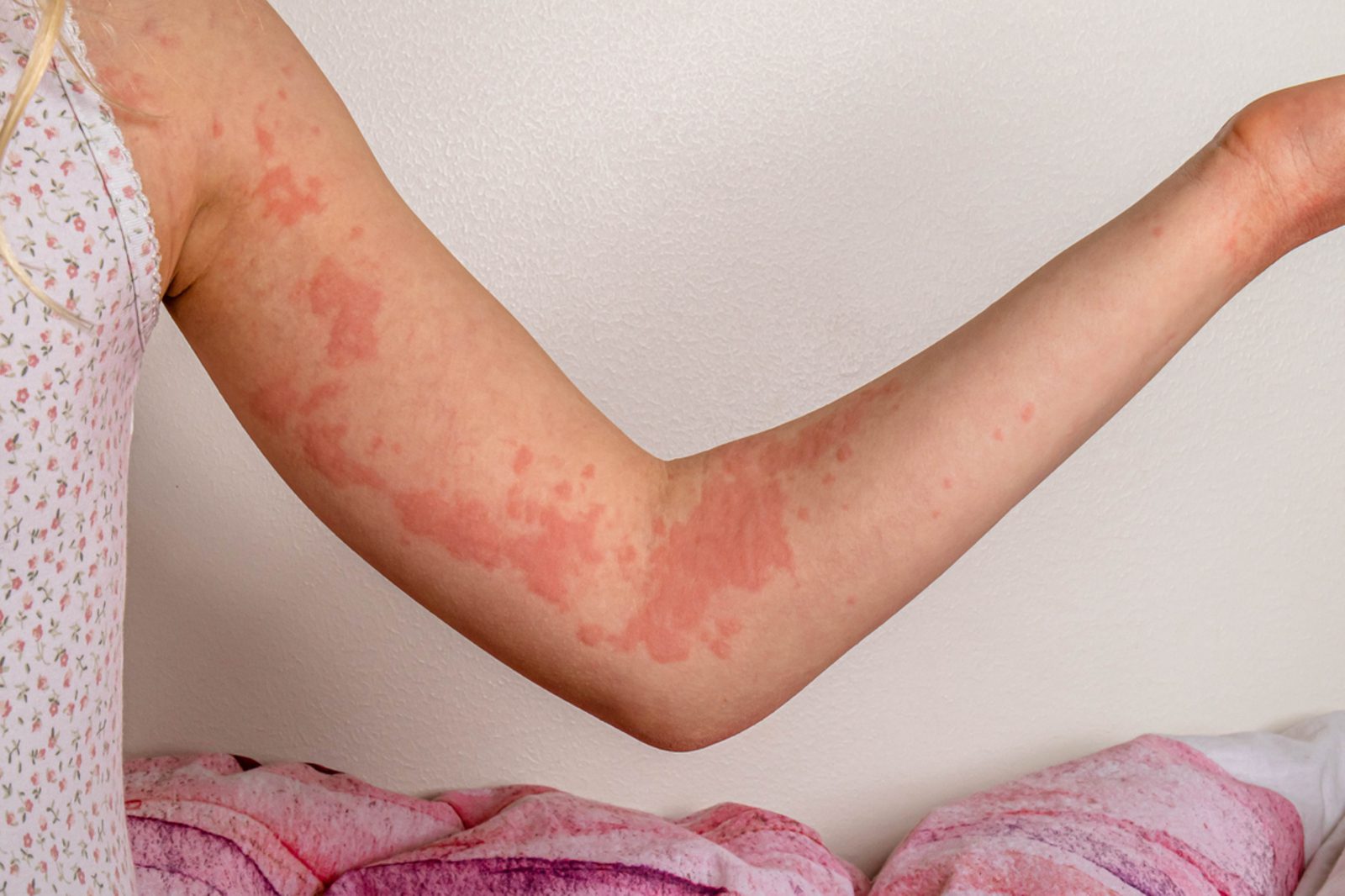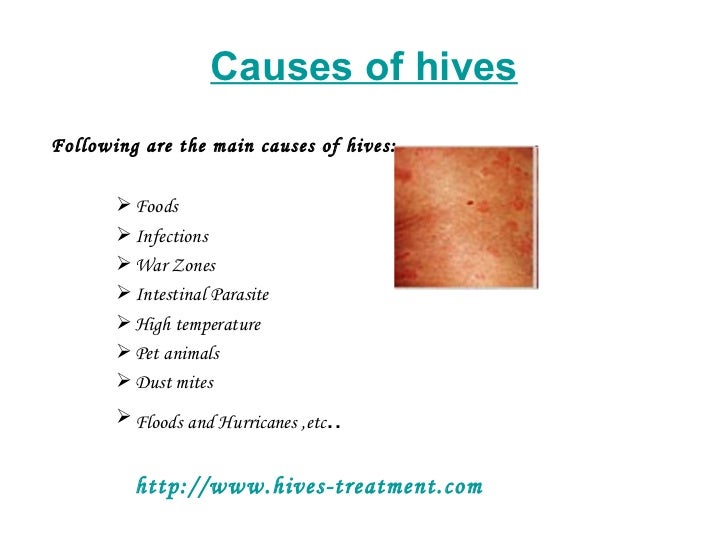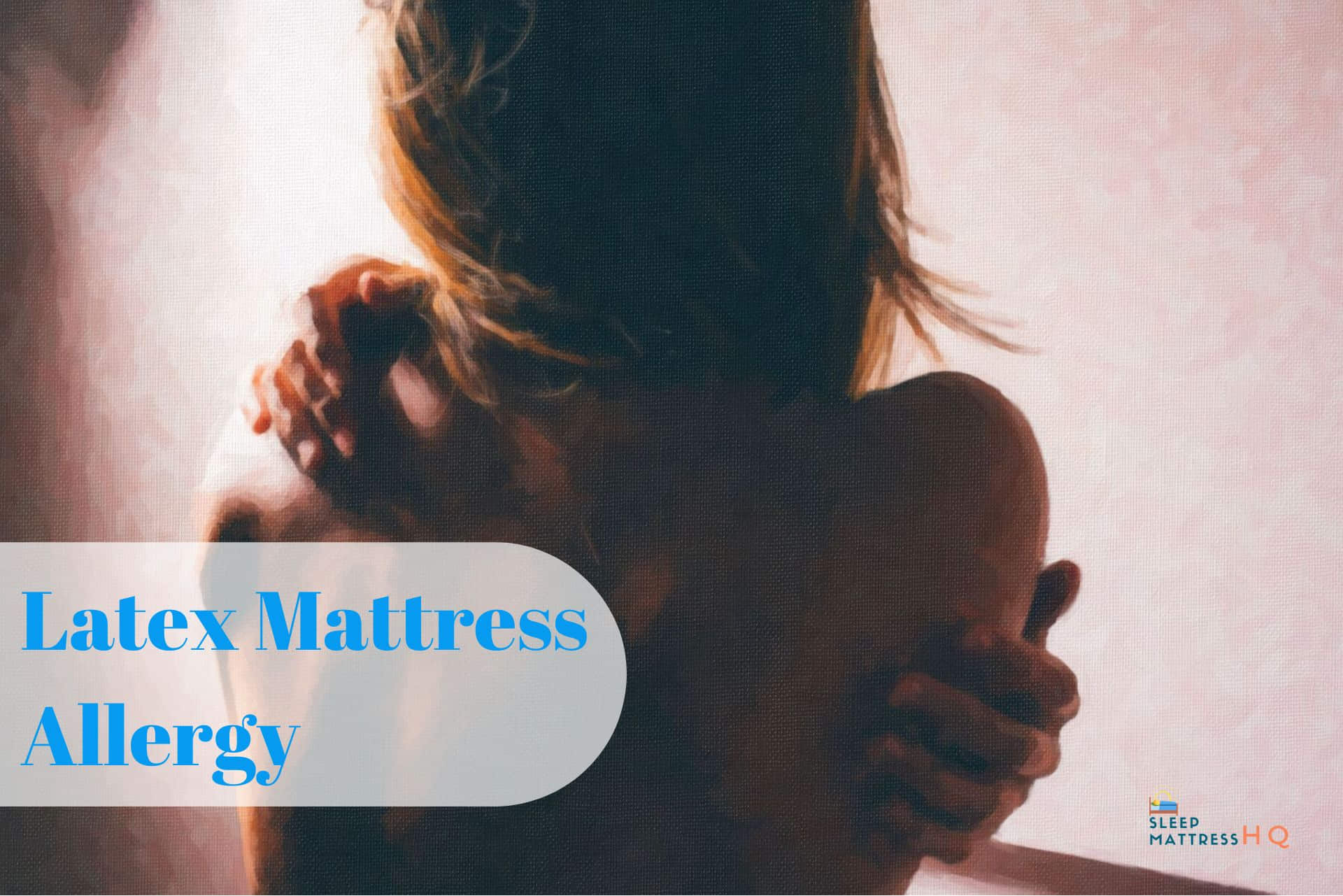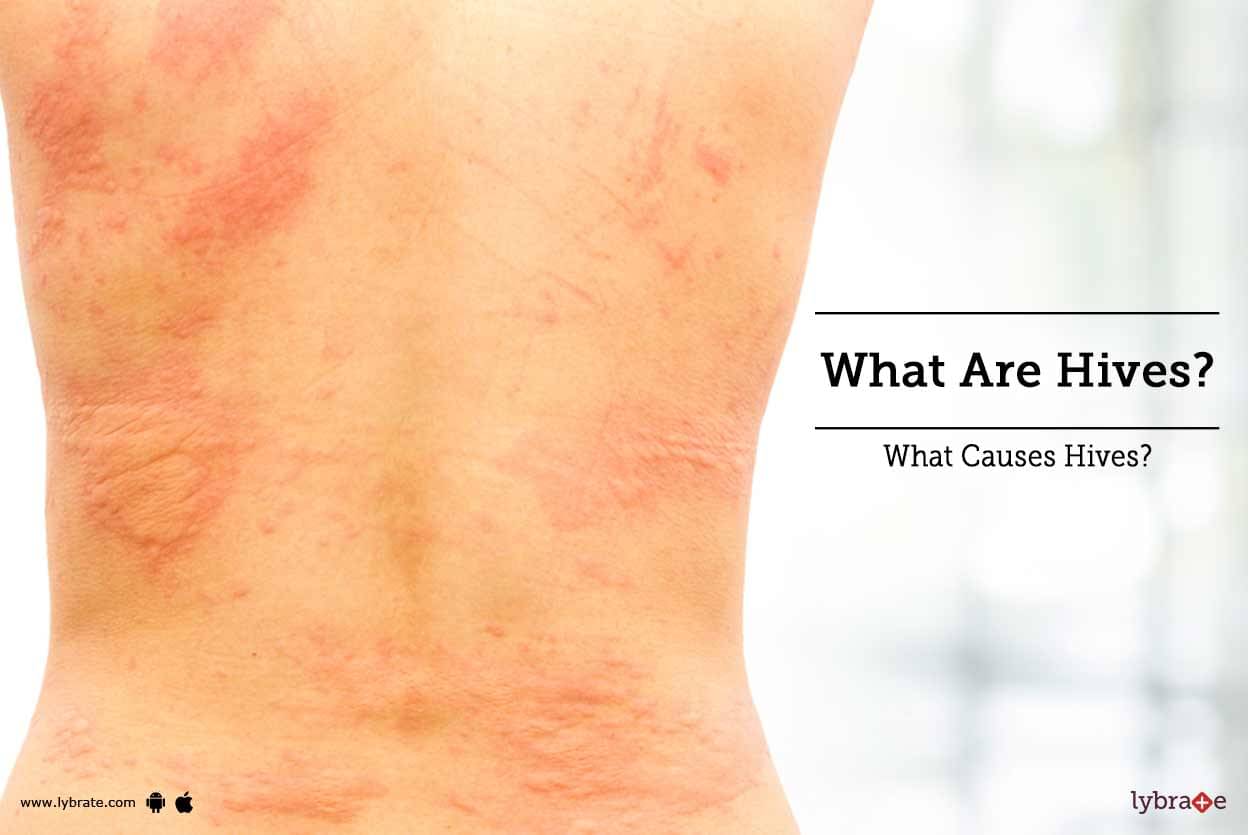Hives, also known as urticaria, are a common skin condition characterized by itchy, raised welts on the skin. While hives can be caused by a variety of factors, including allergies and stress, one potential culprit that people often overlook is their mattress. Yes, you read that right – your mattress could be causing those annoying hives. In this article, we’ll explore the link between mattresses and hives and provide tips on how to prevent and get rid of hives caused by your mattress.Can a Mattress Cause Hives?
If you’re experiencing hives and suspect that your mattress may be the culprit, there are a few ways to tell. First, take note of when your hives appear – do they only show up when you wake up in the morning? If so, it’s likely that your mattress is to blame. You may also want to consider the age and condition of your mattress. If it’s old and worn out, it could be harboring allergens that are causing your hives.How to Tell if Your Mattress is Causing Hives
There are a few reasons why your mattress may be causing hives. One of the most common causes is an allergy to the materials in the mattress. If you have a latex allergy, for example, sleeping on a latex mattress can trigger hives. Dust mites, which can thrive in mattresses, can also cause hives for those who are allergic to them. Additionally, certain chemicals used in the manufacturing of mattresses, such as flame retardants, can also trigger hives in some individuals.Common Causes of Hives from Mattresses
If you determine that your mattress is causing your hives, there are a few steps you can take to get rid of them. The first and most obvious solution is to replace your mattress with one made of hypoallergenic materials. Look for mattresses that are labeled as “allergen-free” or “dust mite resistant.” You may also want to consider investing in a mattress cover that will create a barrier between you and any allergens in your mattress.How to Get Rid of Hives Caused by Your Mattress
As mentioned earlier, latex and dust mites are two common culprits when it comes to hives caused by mattresses. However, there are other materials that could also be triggering your hives. These include flame retardants, adhesives, and synthetic fabrics. If you have known allergies to any of these materials, it’s important to avoid them when choosing a new mattress.What Materials in a Mattress Can Trigger Hives?
If you’re in the market for a new mattress and want to avoid hives, there are a few things to keep in mind. First, opt for a mattress made of hypoallergenic materials, such as organic cotton, wool, or bamboo. These materials are less likely to trigger allergies and hives. You may also want to look for mattresses that are labeled as “certified organic” or “GOTS certified.” These mattresses have been tested and meet strict standards for organic materials.How to Choose a Mattress to Avoid Hives
As mentioned earlier, dust mites are a common trigger for hives. These tiny creatures love to live in mattresses, feeding on dead skin cells and causing allergic reactions in some people. To prevent dust mites from triggering your hives, make sure to regularly wash your bedding in hot water and vacuum your mattress regularly. You may also want to invest in dust mite covers for your mattress and pillows.Can Dust Mites in a Mattress Cause Hives?
In addition to hives, there are a few other signs that your mattress may be causing you discomfort. These include frequent sneezing, runny nose, and itchy eyes upon waking up. If you experience these symptoms alongside your hives, it’s a good indication that your mattress is the culprit. You may also want to pay attention to your hives – do they improve when you’re away from your mattress? If so, it’s a clear sign that your mattress is causing your hives.Signs Your Mattress May Be Causing Your Hives
To prevent hives from occurring, it’s important to keep your mattress clean. As mentioned earlier, regularly washing your bedding and vacuuming your mattress can help eliminate dust mites and other allergens. You may also want to consider steam cleaning your mattress every few months to remove any built-up dirt and bacteria. Just be sure to let your mattress dry completely before putting your bedding back on.How to Clean Your Mattress to Prevent Hives
As mentioned earlier, latex allergies can cause hives in some individuals. However, this doesn’t mean that all latex mattresses will cause hives. If you have a latex allergy, it’s important to do your research and choose a mattress that is labeled as “latex-free.” You may also want to consider opting for a different type of mattress, such as memory foam or innerspring, to avoid any potential allergic reactions. In conclusion, hives can be a frustrating and uncomfortable skin condition, but your mattress may be the surprising culprit. By understanding the common causes of hives from mattresses and taking steps to prevent and get rid of them, you can enjoy a good night’s sleep without those annoying welts. Remember to regularly clean your mattress, choose hypoallergenic materials, and pay attention to any potential triggers to keep hives at bay.Can a Latex Mattress Cause Hives?
How to Choose the Right Mattress to Avoid Hives
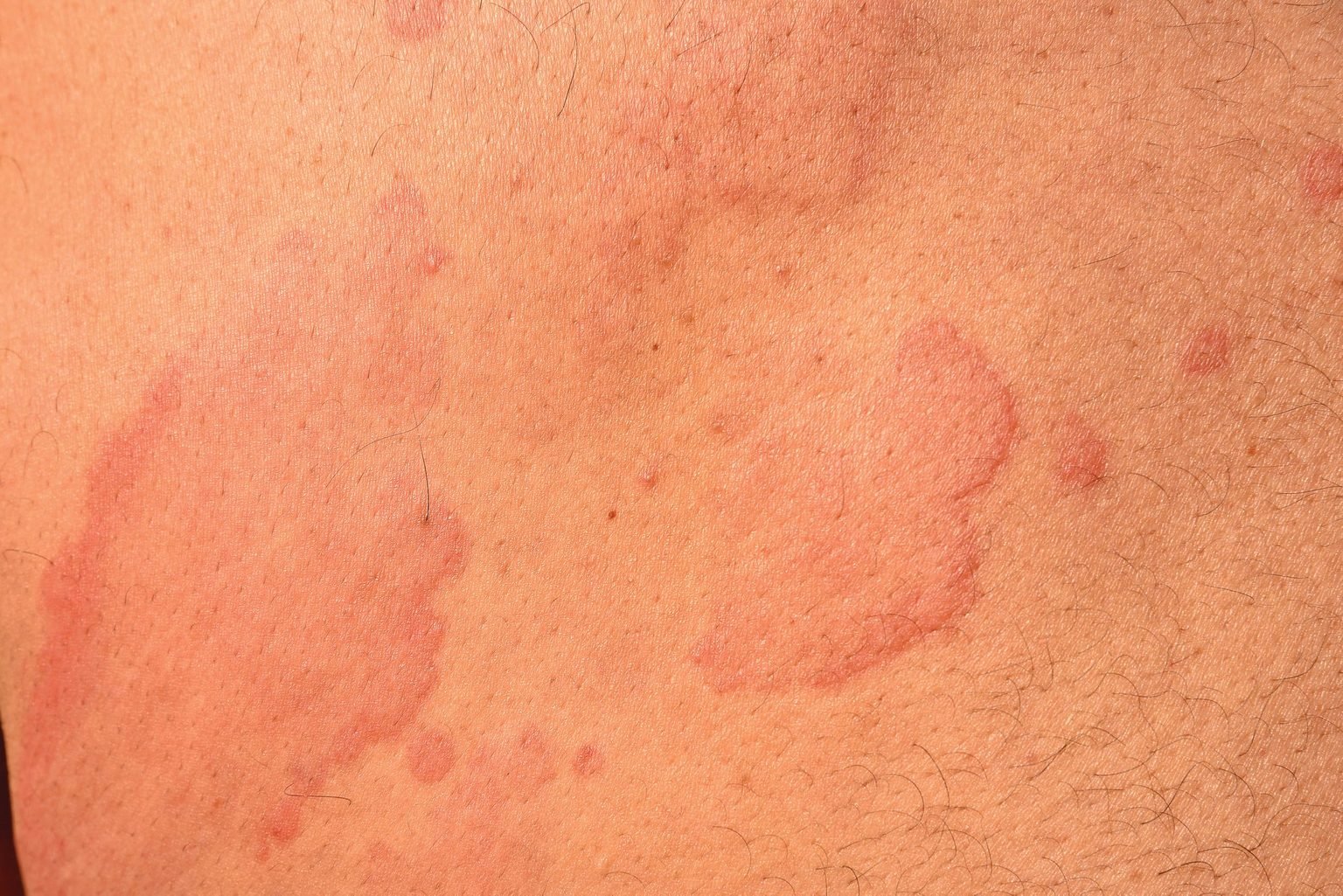
Understanding the Relationship Between Mattresses and Hives

When it comes to creating a comfortable and healthy home, many people often overlook the importance of their mattress. However, the type of mattress you sleep on can have a significant impact on your overall health and well-being. One common issue that people may experience is waking up with hives, which can be an uncomfortable and irritating skin condition. While there are many factors that can contribute to hives, your mattress may be one of the culprits.
What are Hives?

Hives, also known as urticaria, are raised, itchy bumps on the skin that can vary in size and shape. They are a type of allergic reaction that occurs when your body releases a chemical called histamine in response to an allergen. This can be triggered by a variety of factors, including certain foods, medications, and environmental irritants. However, hives can also be caused by physical triggers, such as pressure or friction on the skin, which can be exacerbated by the type of mattress you sleep on.
The Role of Mattresses in Hives

While hives can be caused by a variety of factors, your mattress can play a significant role in triggering or exacerbating this skin condition. The materials used in mattresses, such as foam, latex, and synthetic fibers, can potentially contain chemicals that can irritate your skin and cause hives. Additionally, dust mites, which are commonly found in mattresses, can also be a trigger for hives as they can cause an allergic reaction.
Choosing the Right Mattress to Avoid Hives
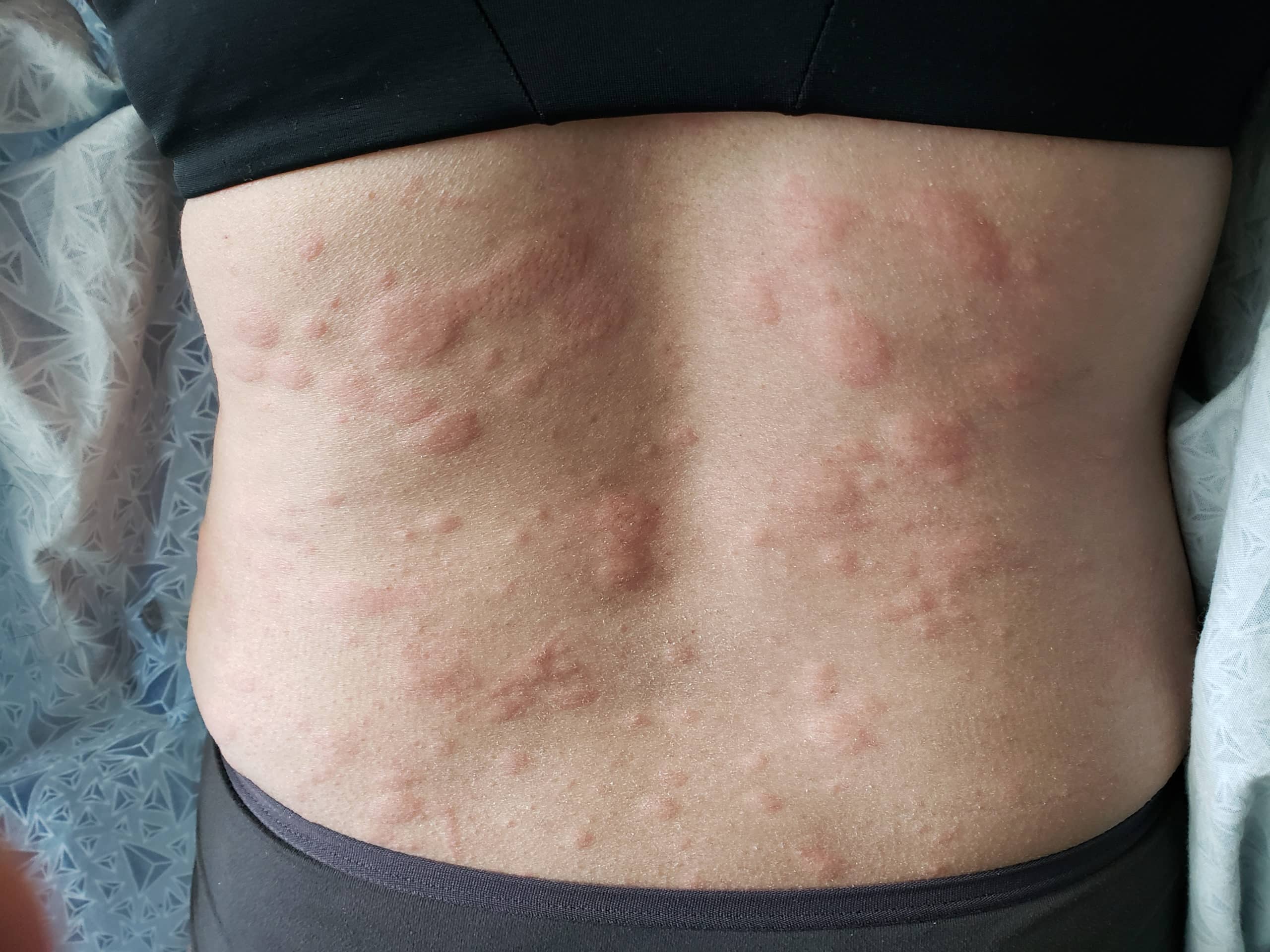
If you experience hives on a regular basis, it may be worth considering the type of mattress you are sleeping on. Natural and organic materials, such as cotton, wool, and natural latex, can be less likely to cause skin irritation. Additionally, regularly cleaning and vacuuming your mattress can help reduce the presence of dust mites and other allergens. It may also be beneficial to invest in a mattress protector to create a barrier between you and your mattress.
Conclusion

Hives can be a frustrating and uncomfortable skin condition, but choosing the right mattress can play a significant role in preventing or reducing their occurrence. By understanding the relationship between mattresses and hives and making informed decisions about the materials and cleanliness of your mattress, you can create a comfortable and healthy sleeping environment for yourself and your family.
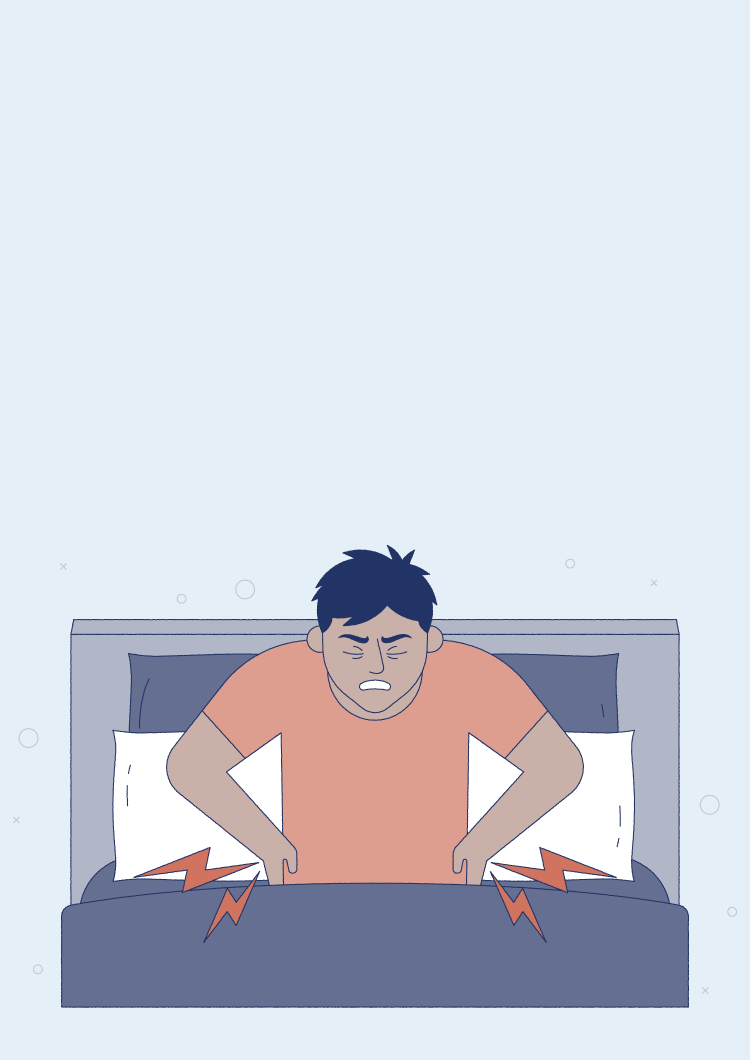

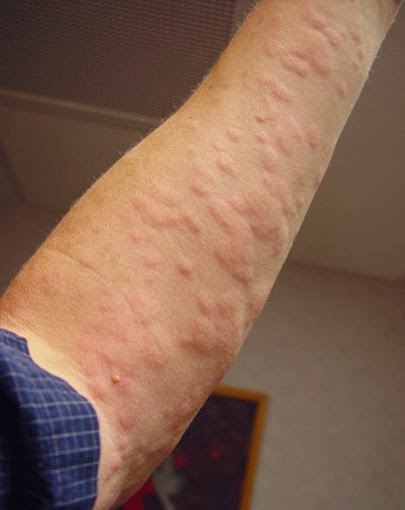


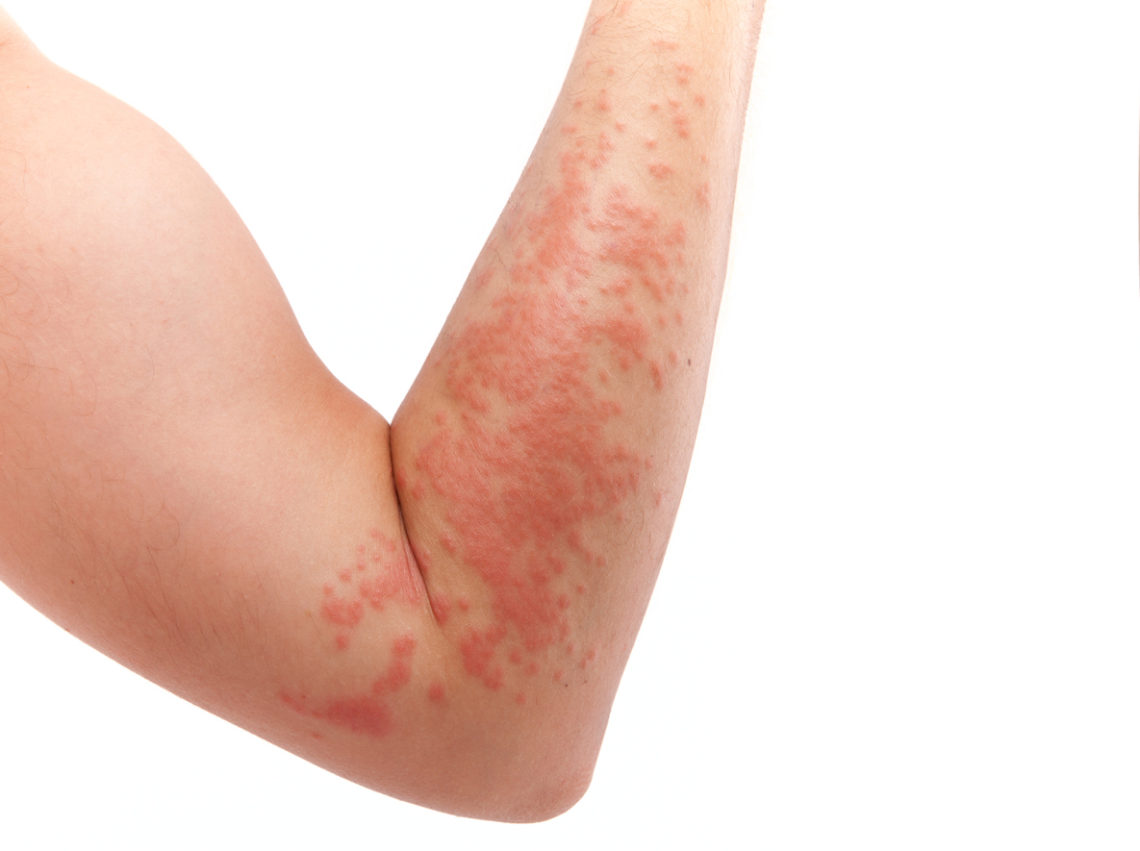







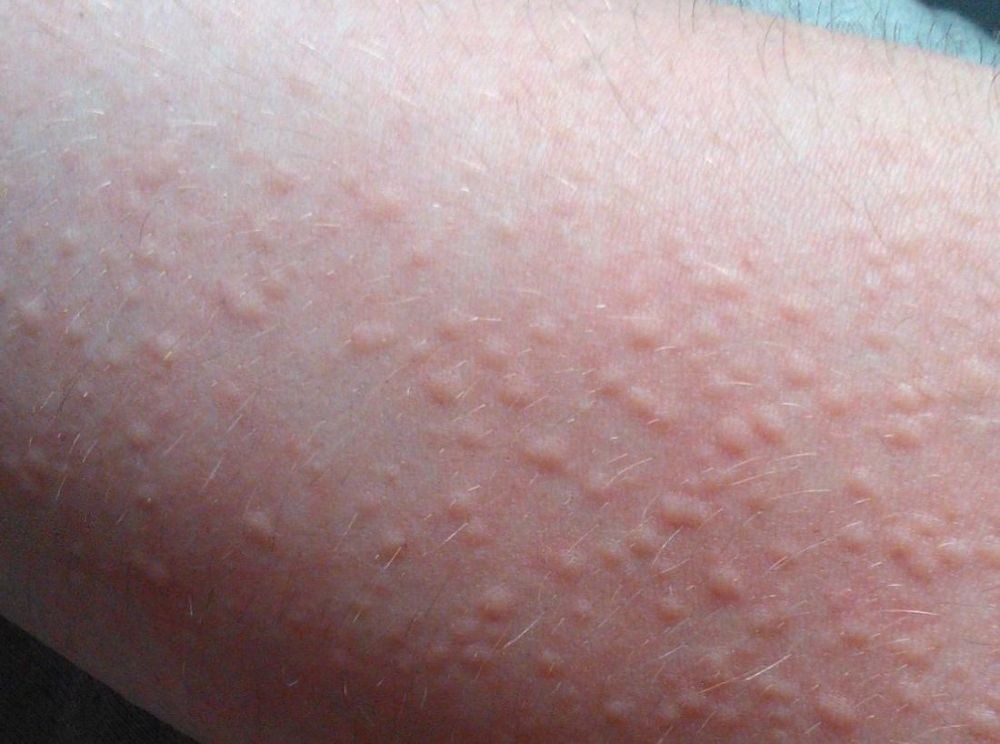


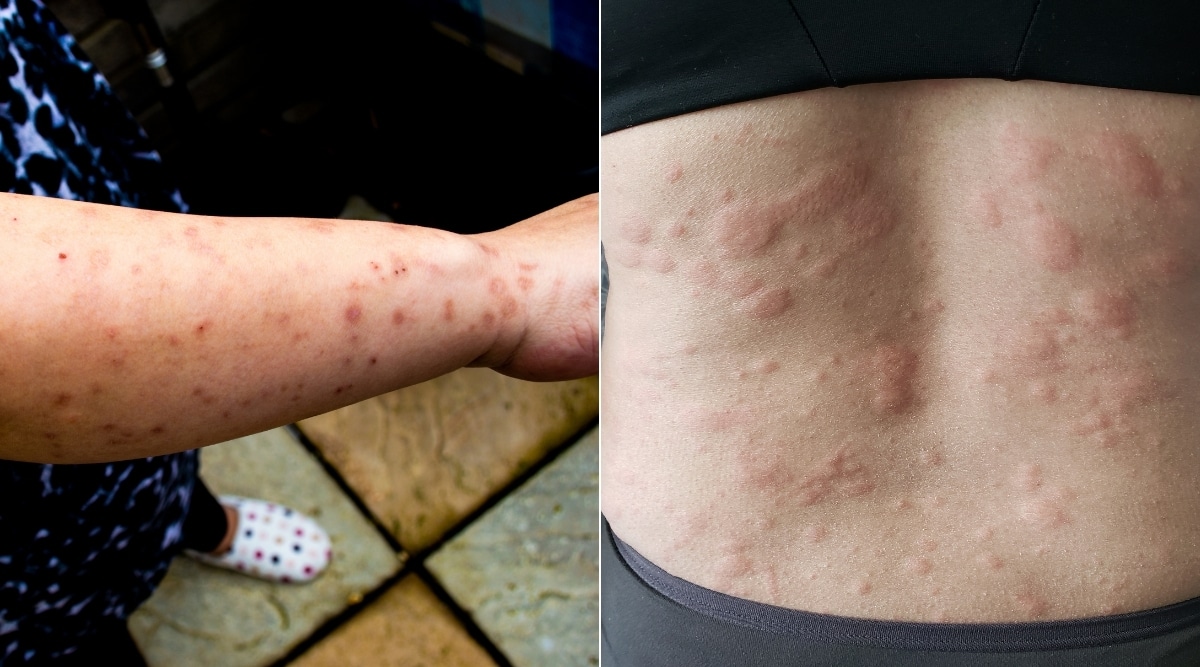
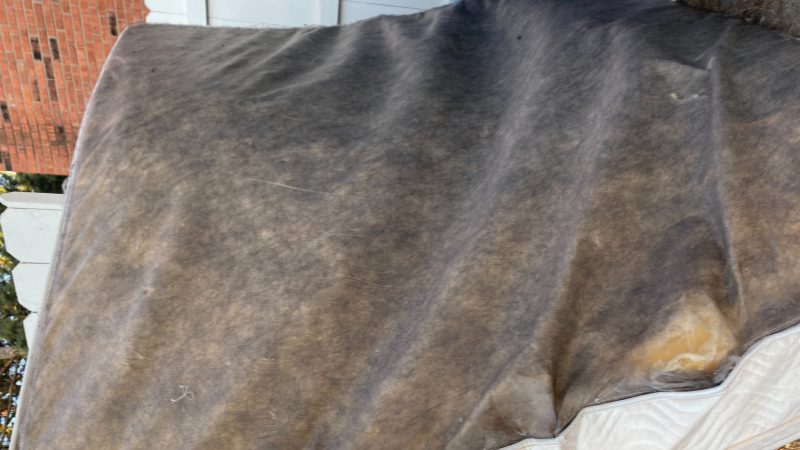
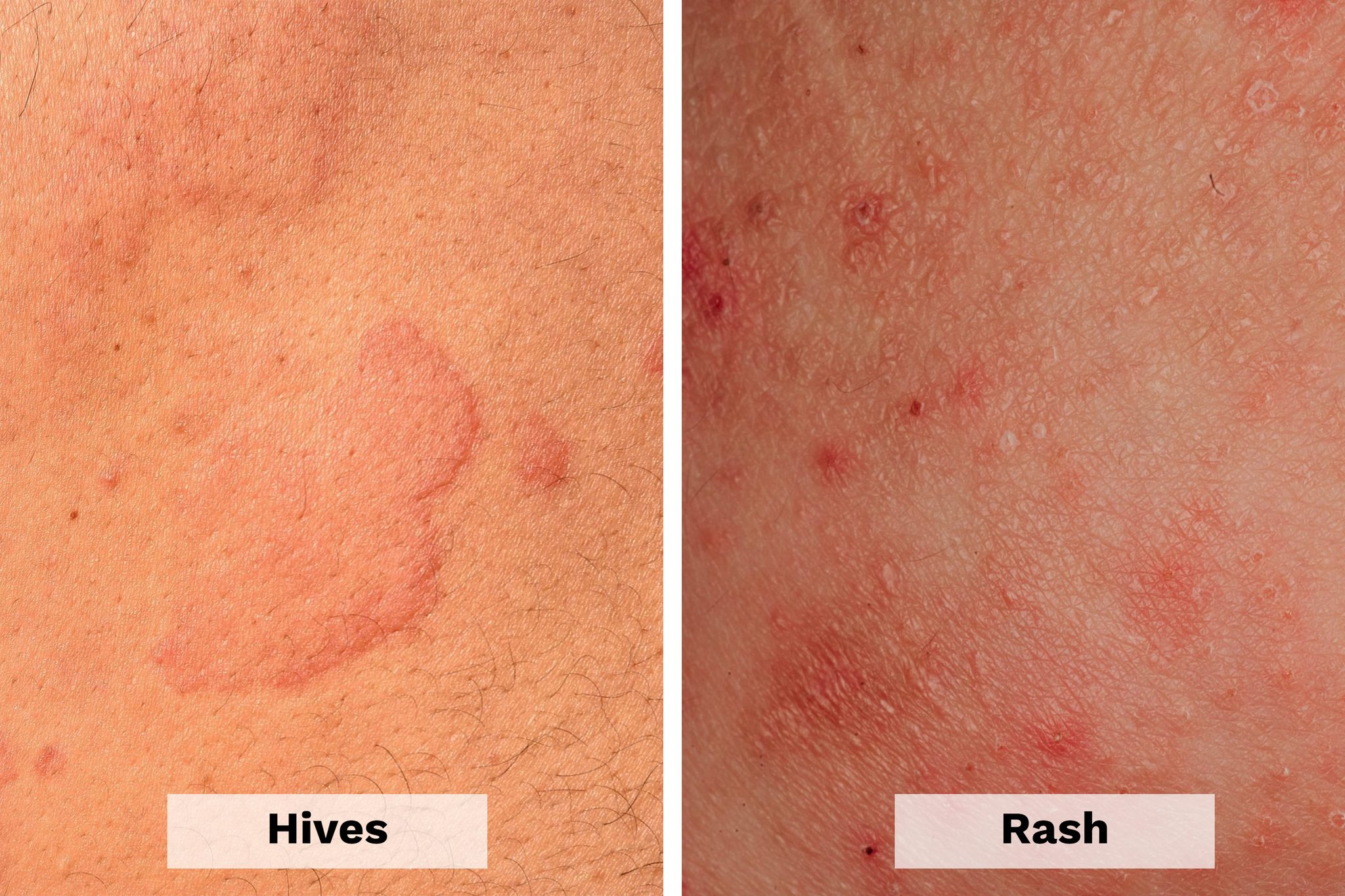
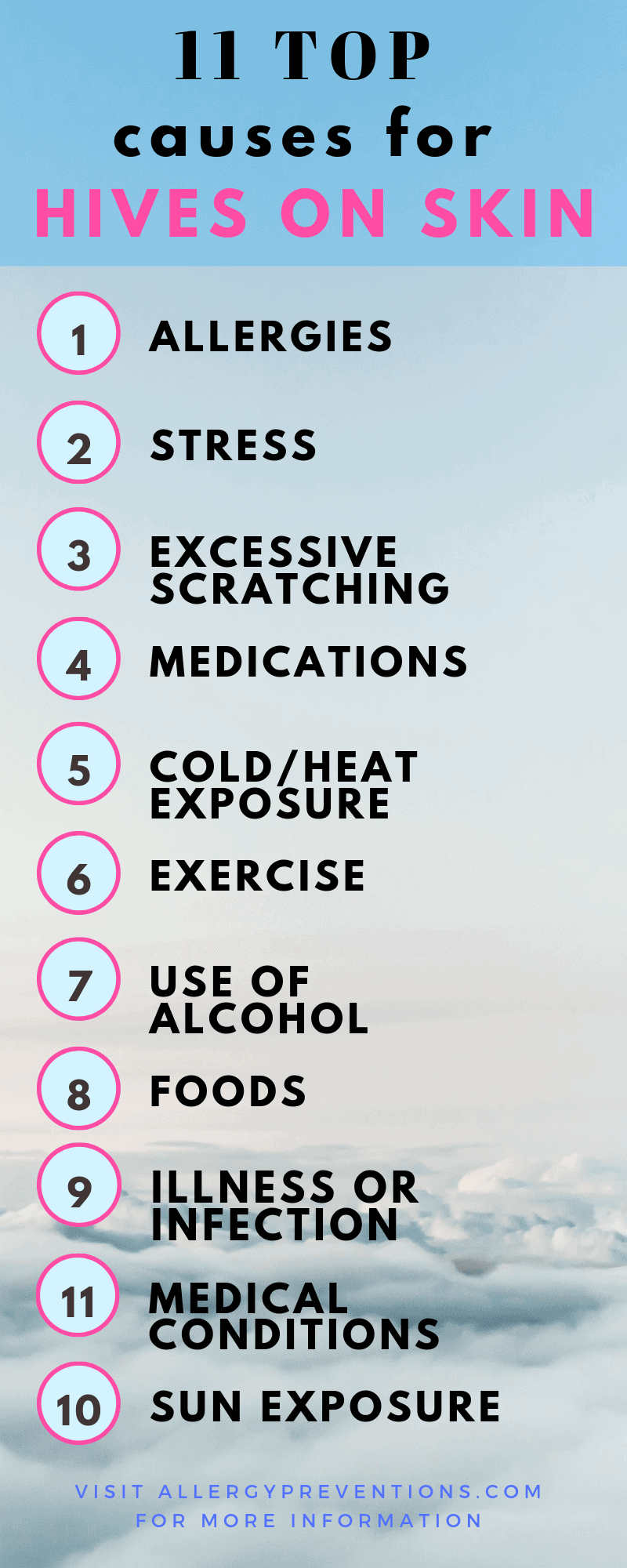

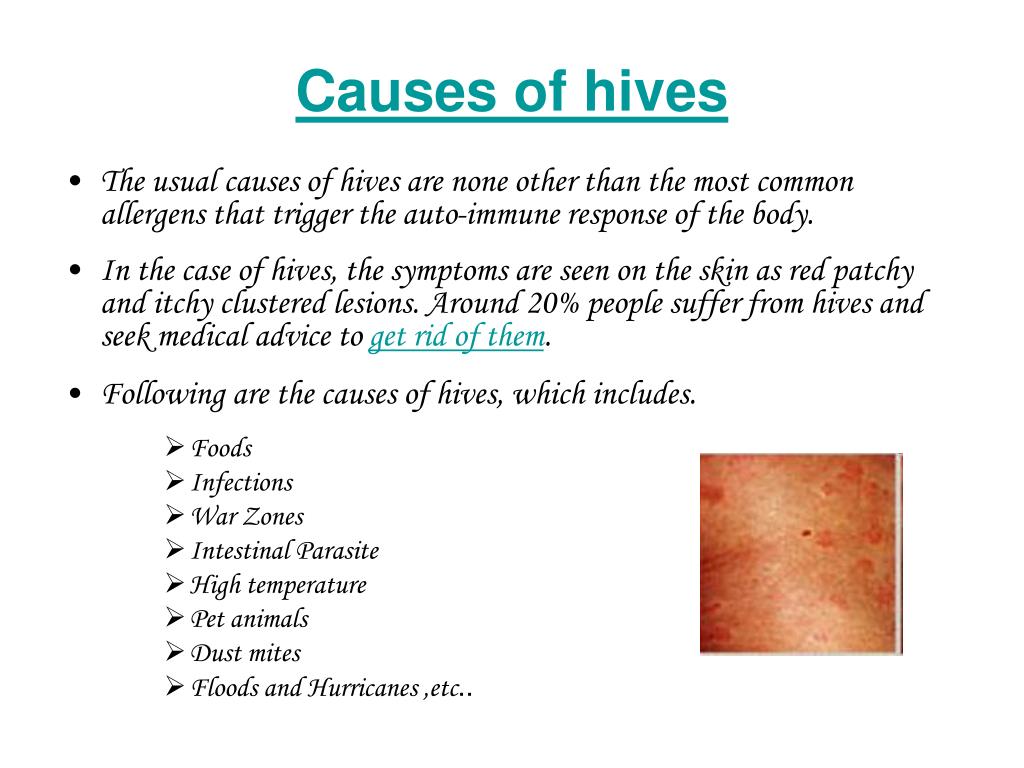
/cloudfront-us-east-1.images.arcpublishing.com/pmn/5NLVPOCR3JEBVOOKF73XMJ4UOM.jpg)

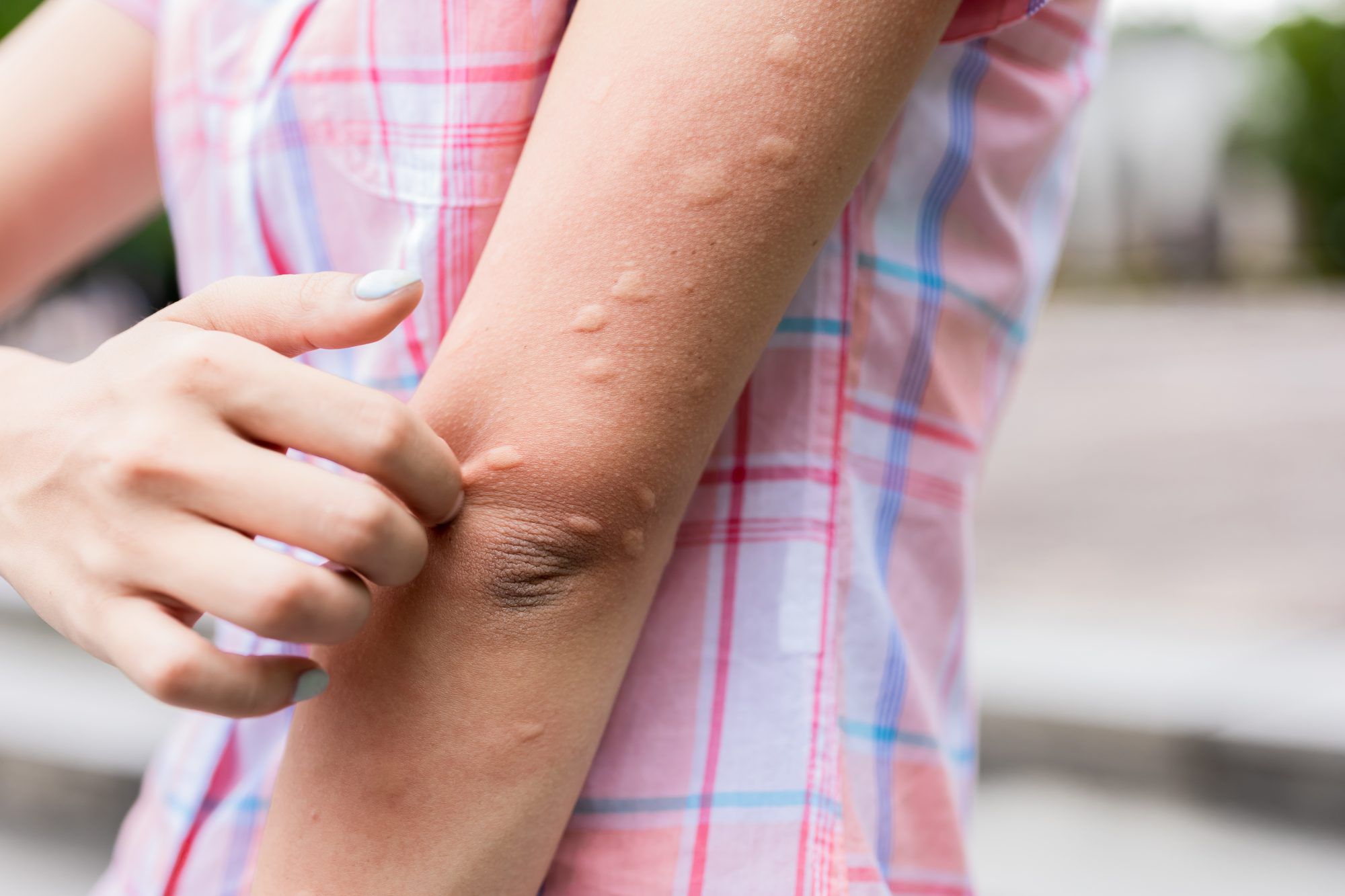
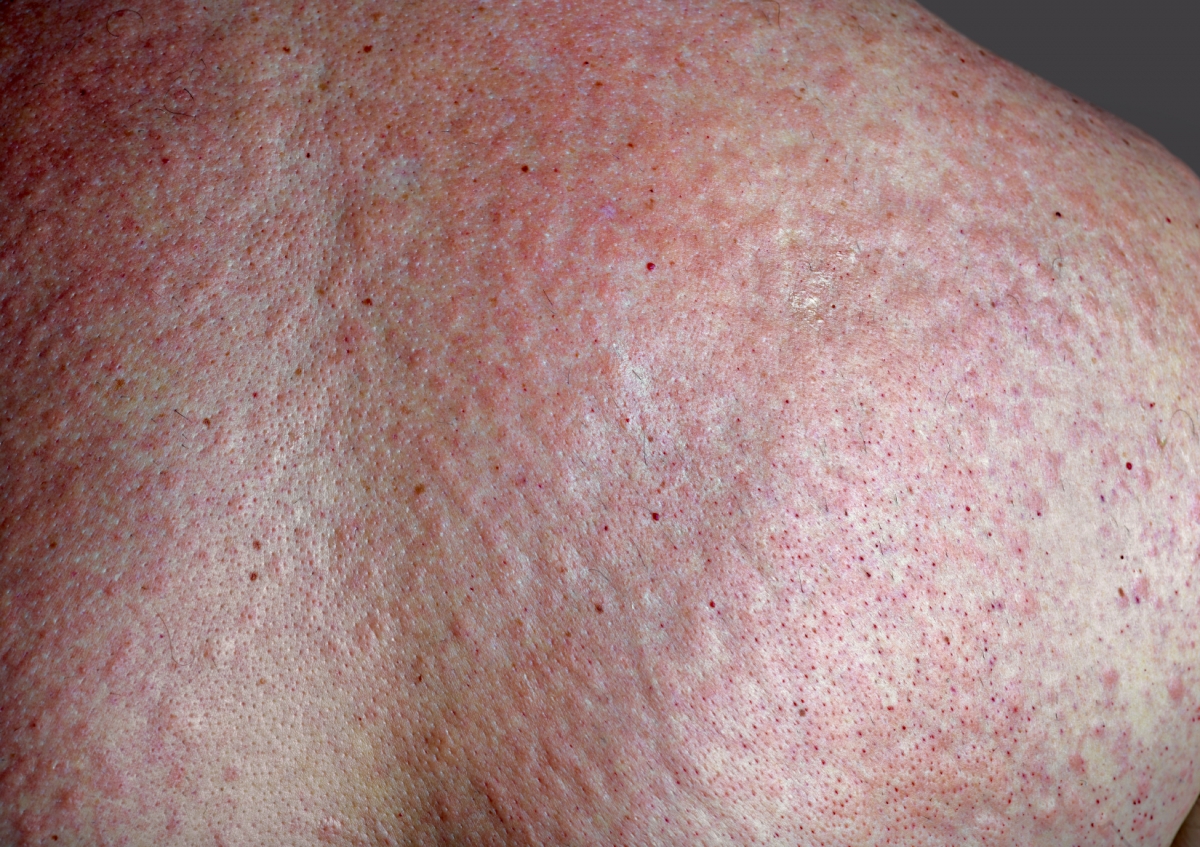

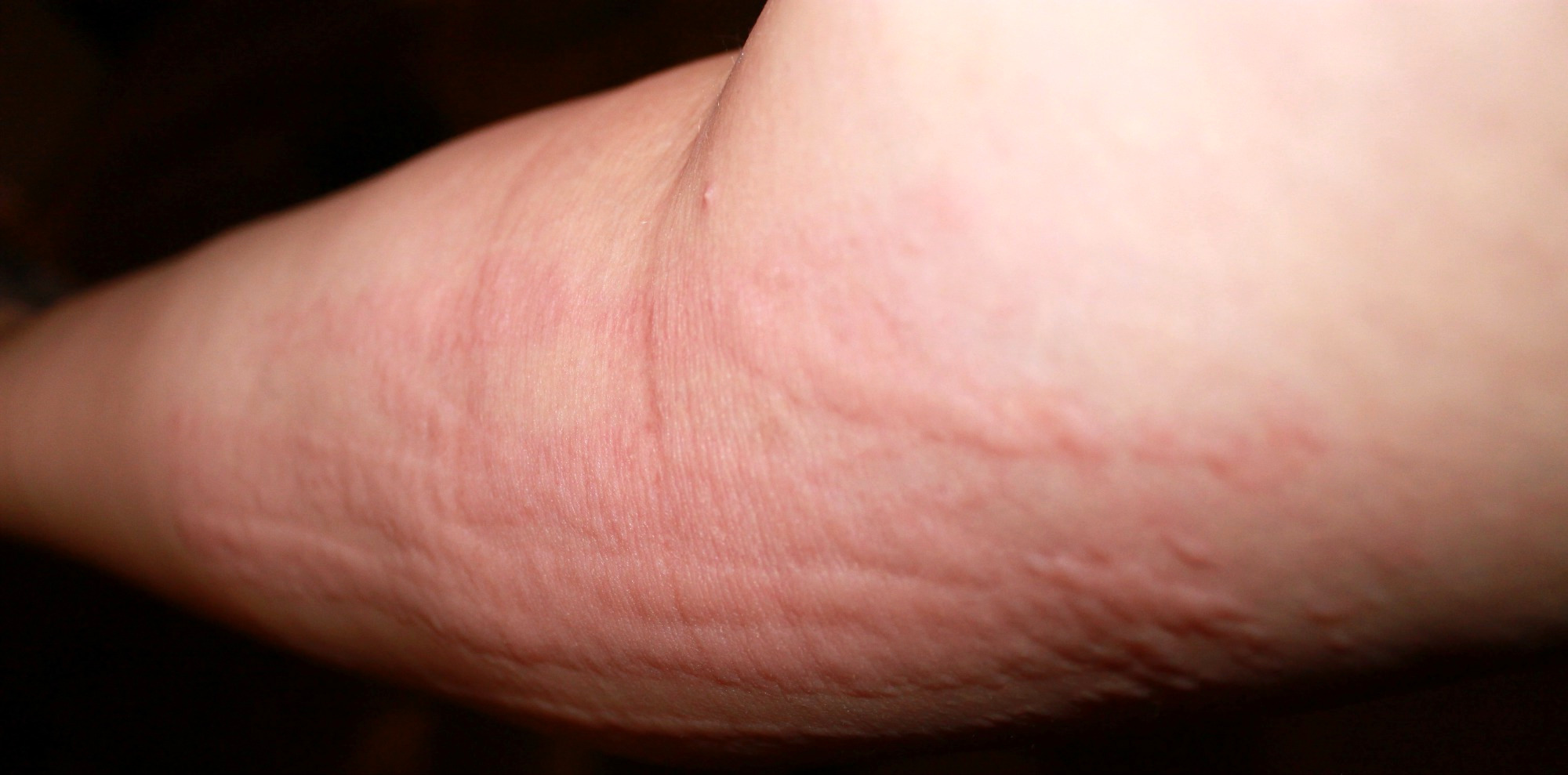

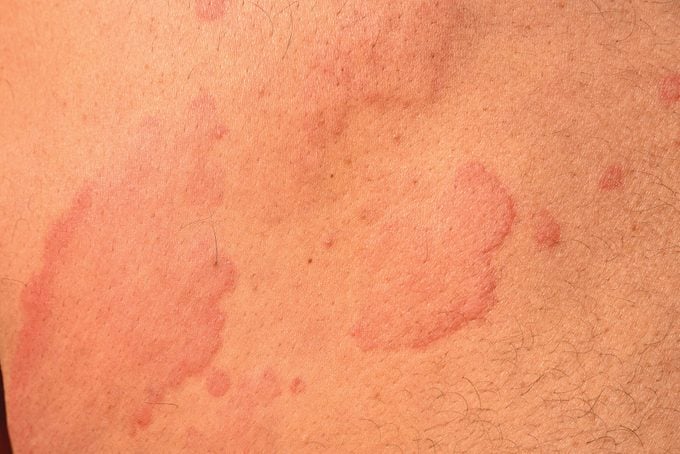



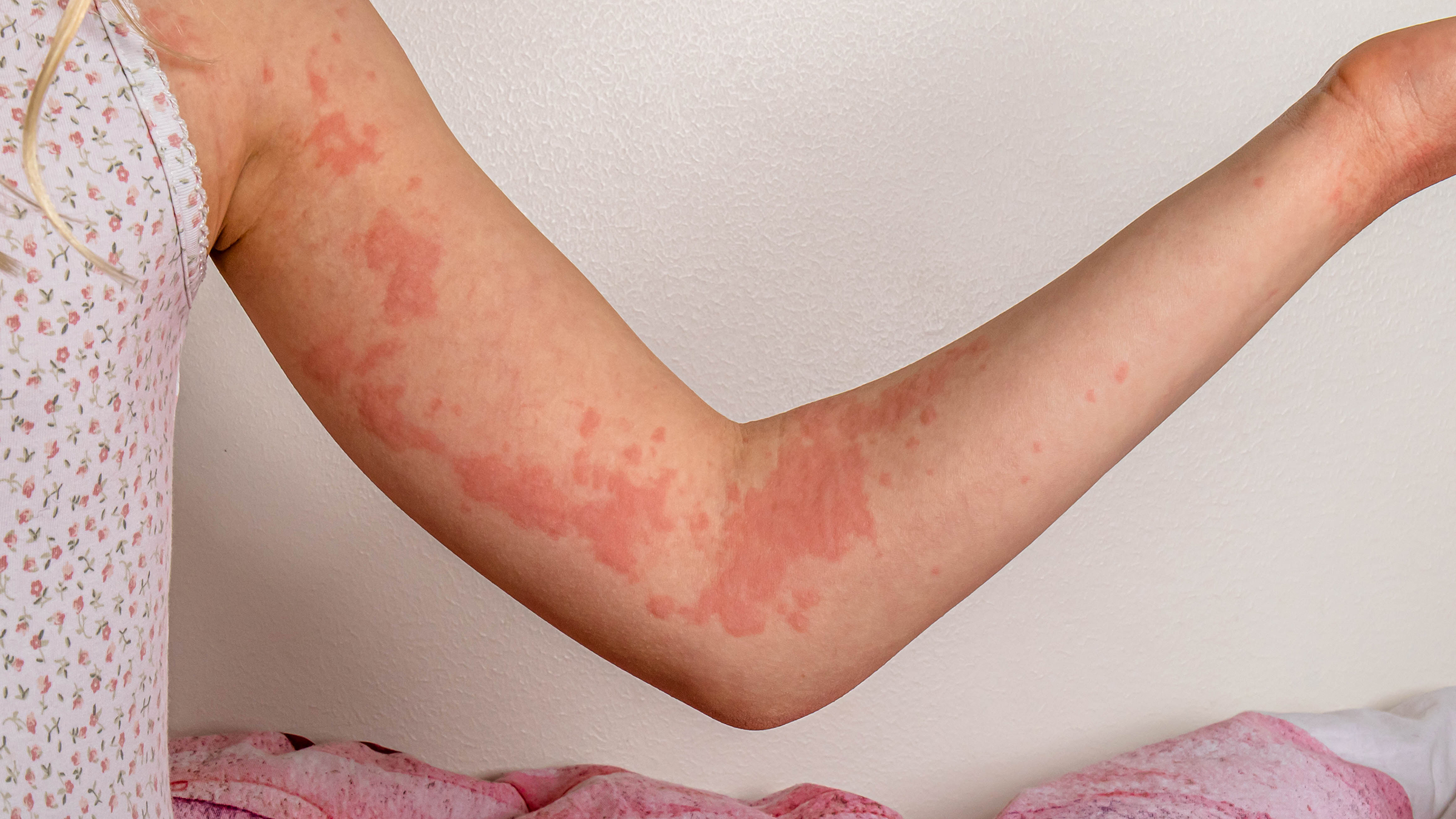

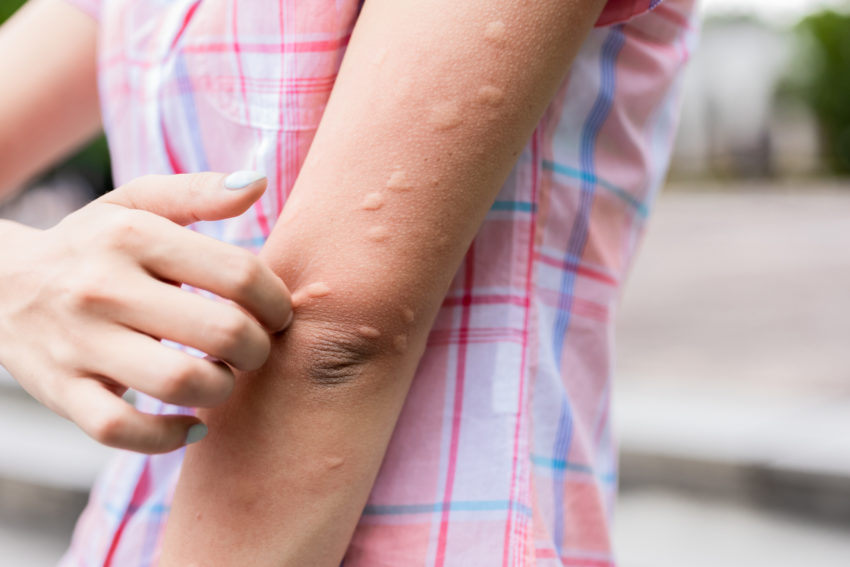


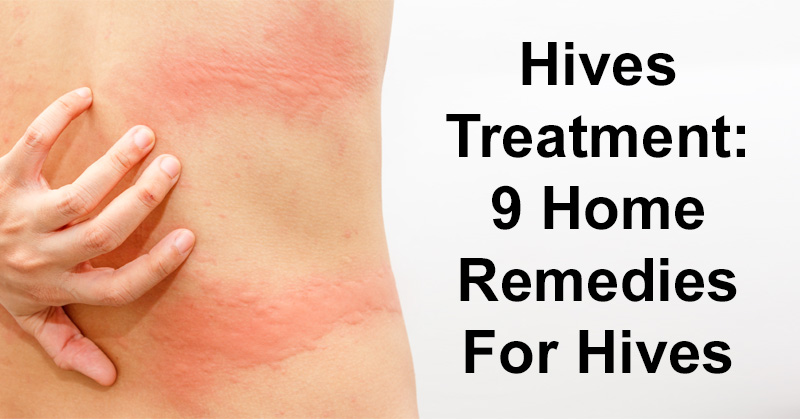
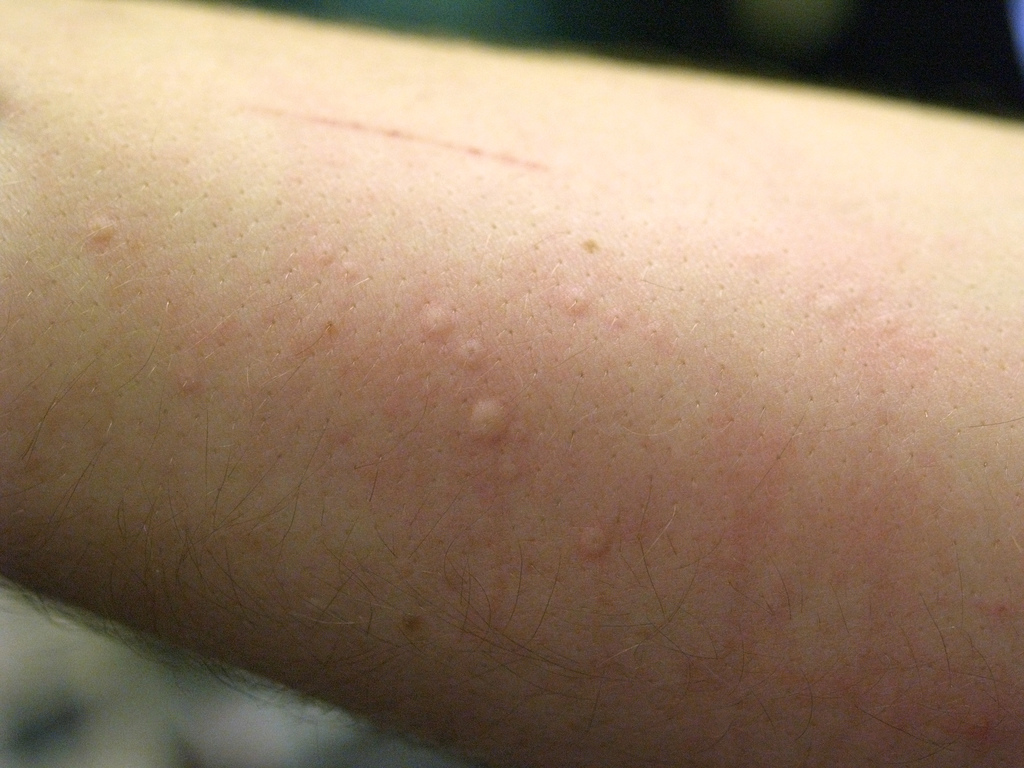



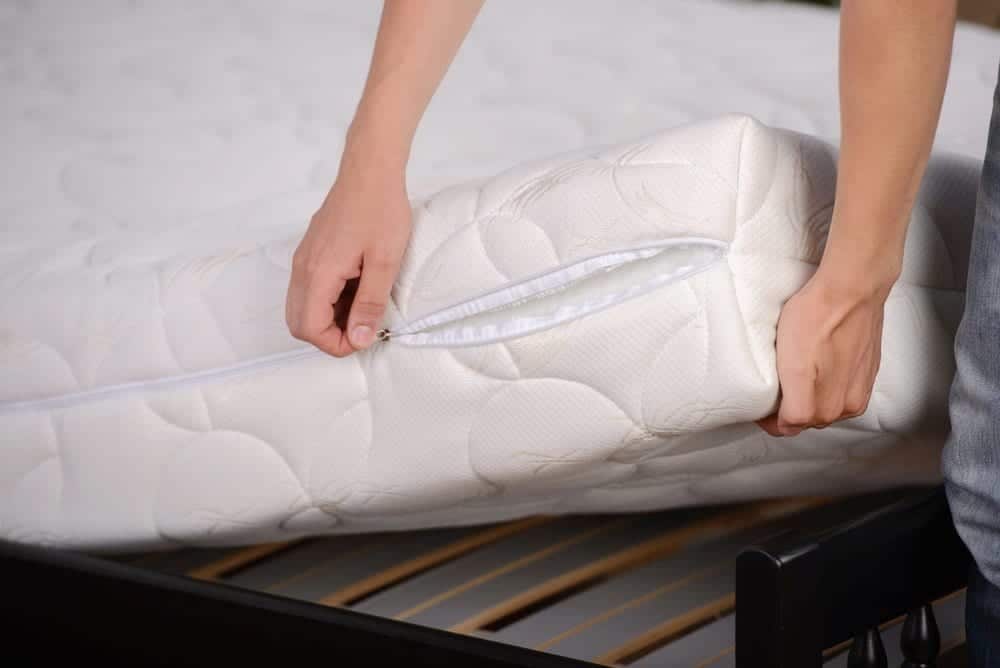
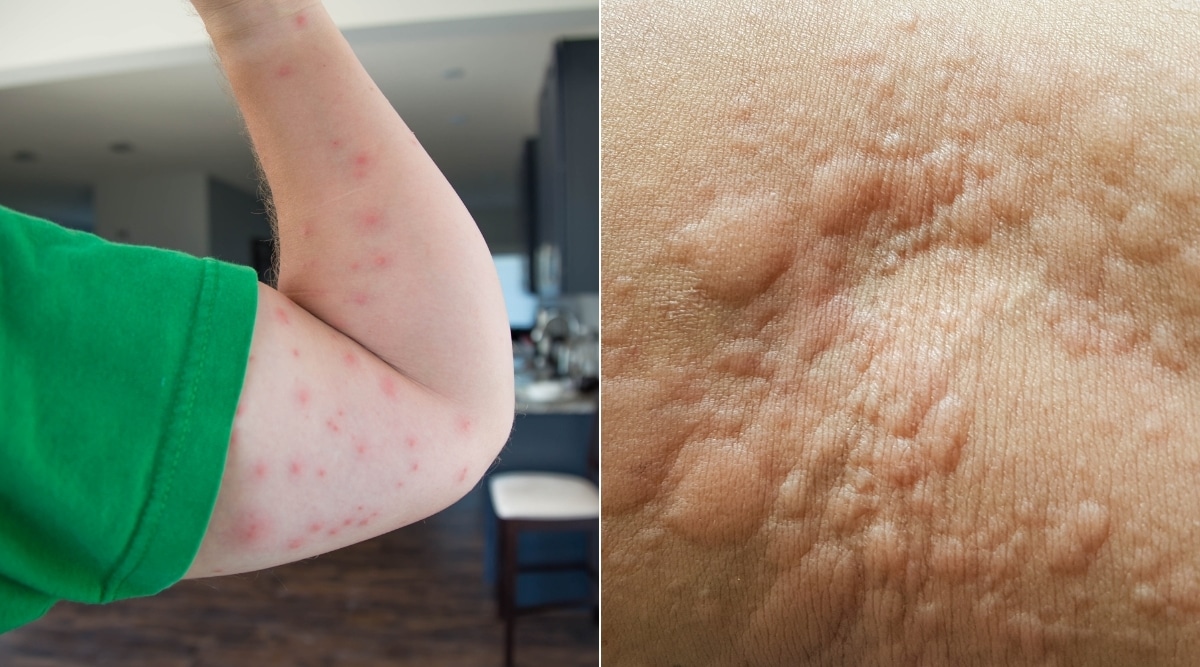

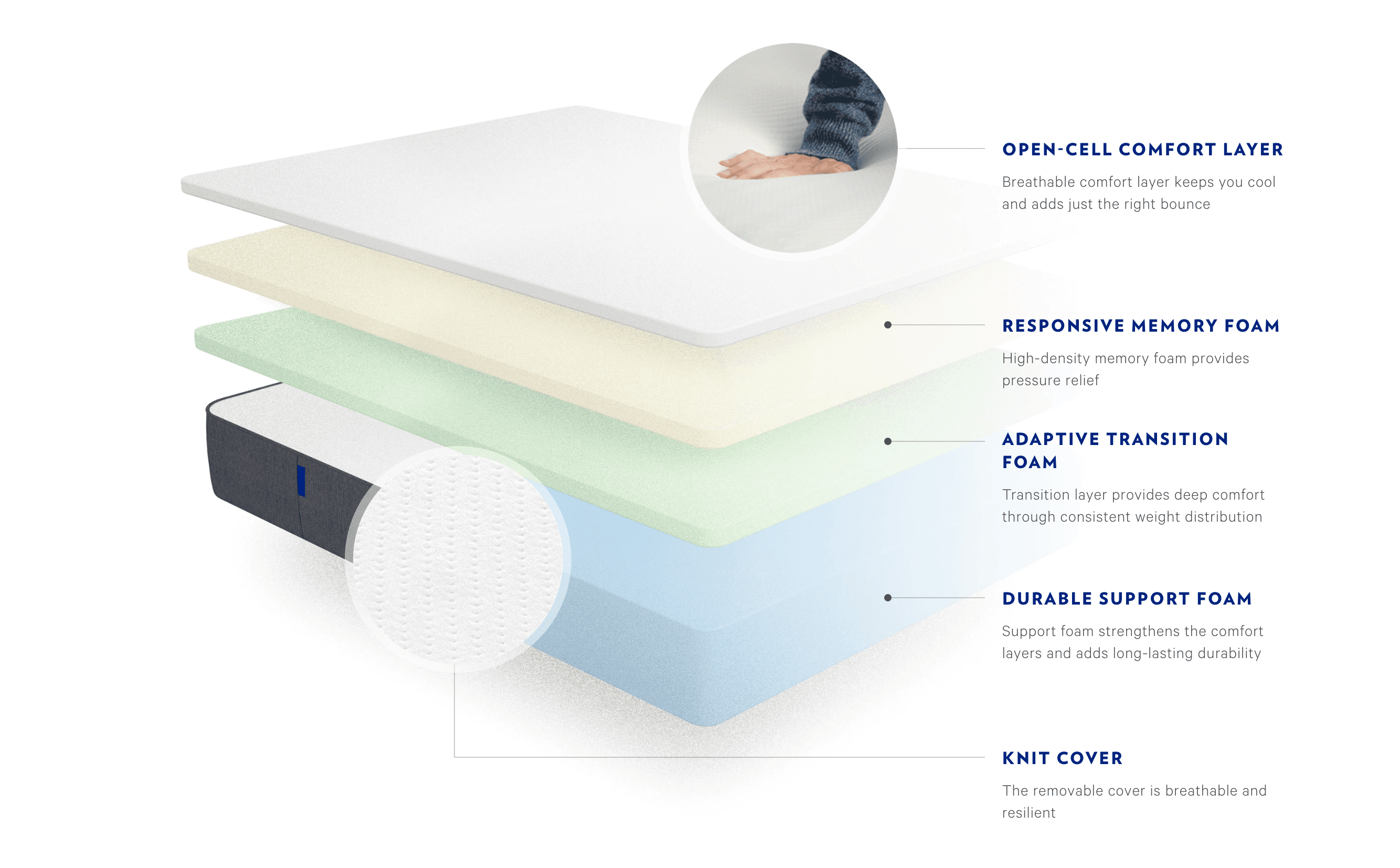



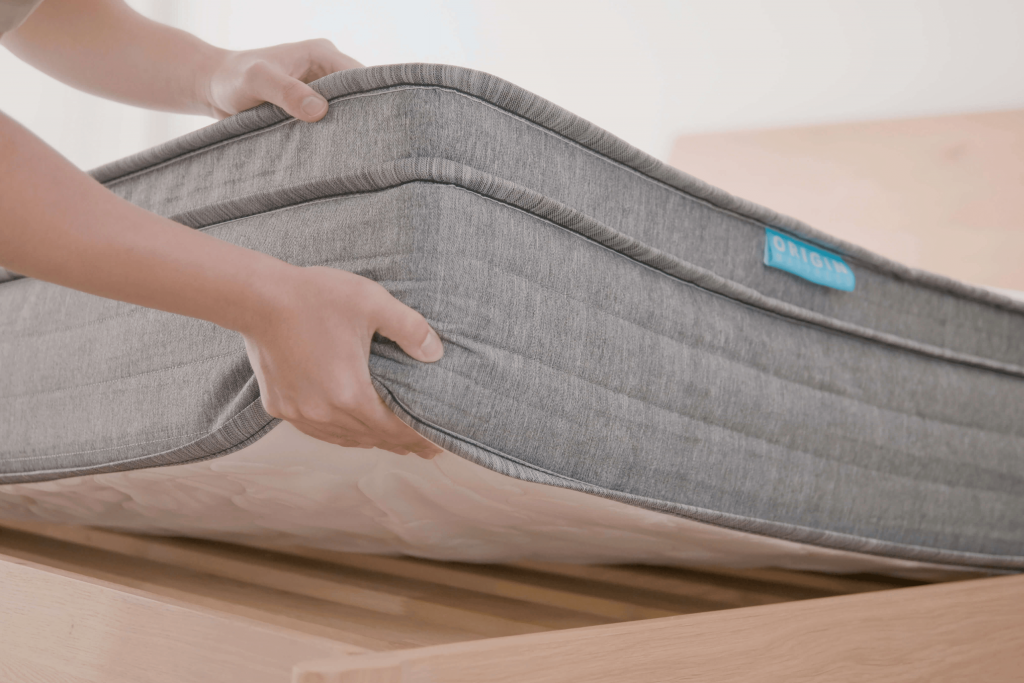


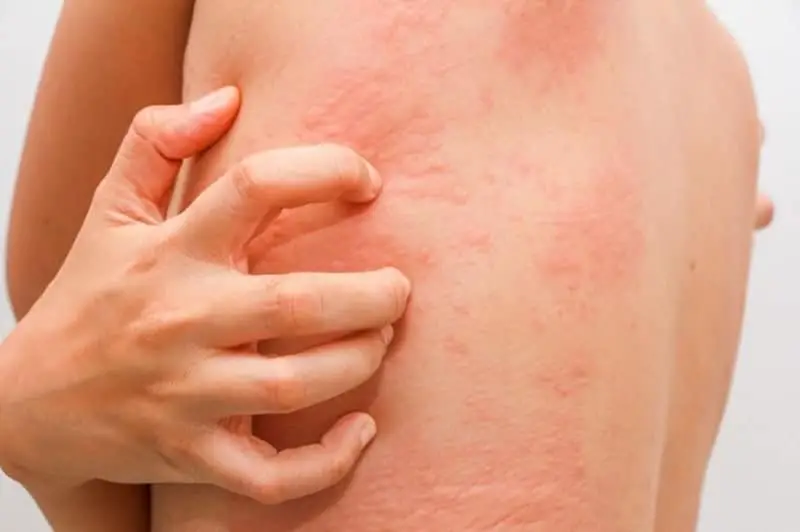





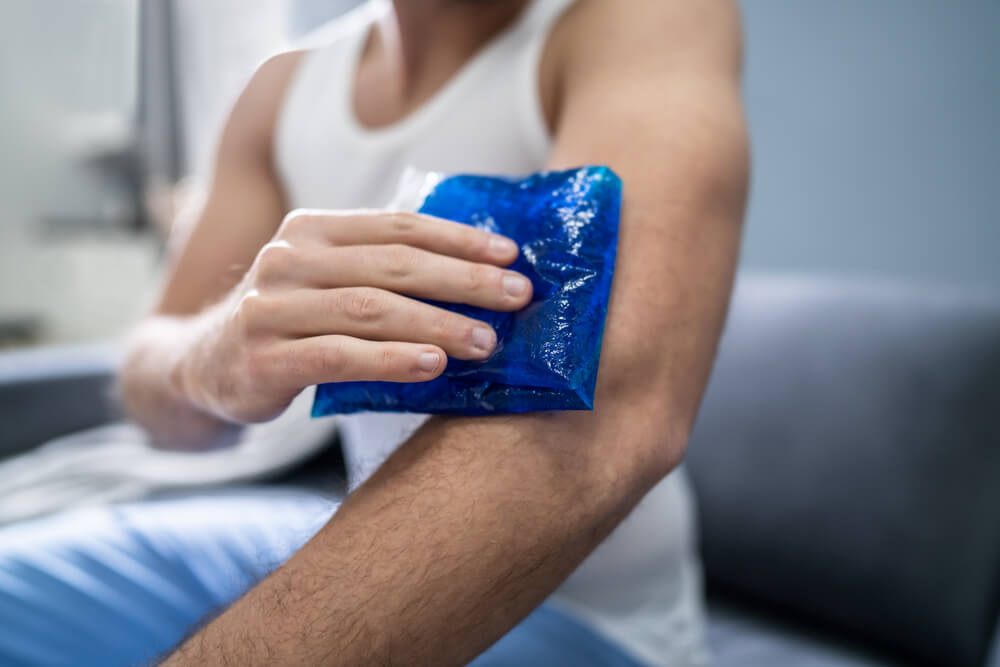





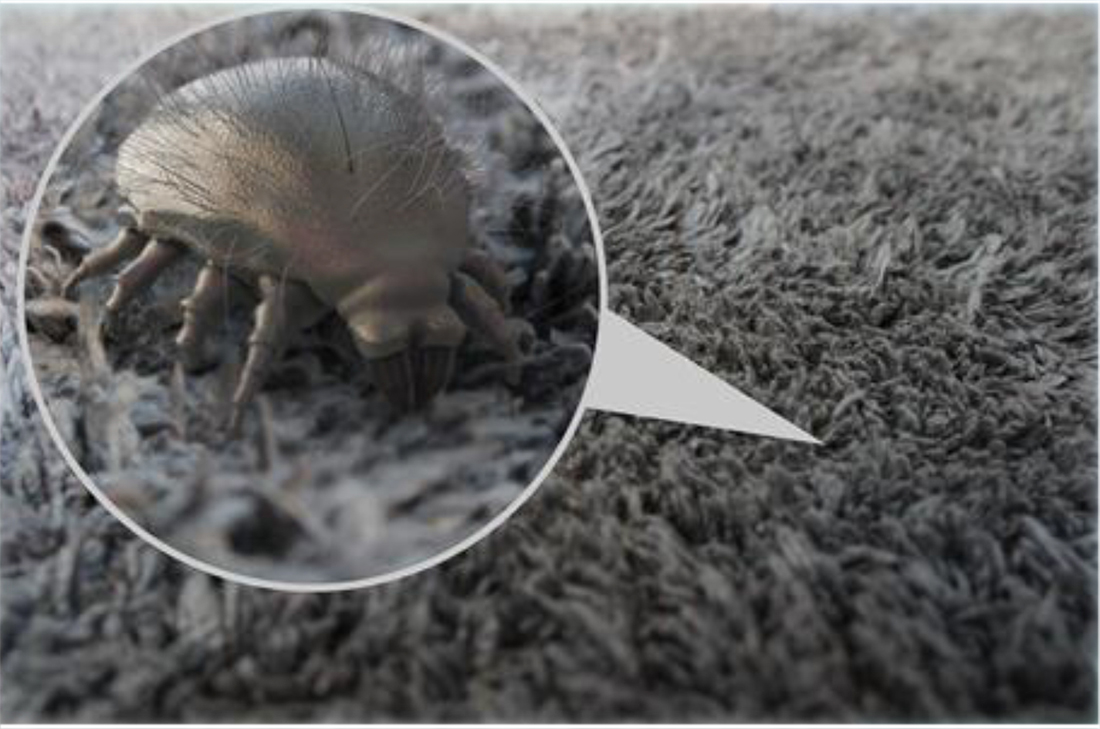

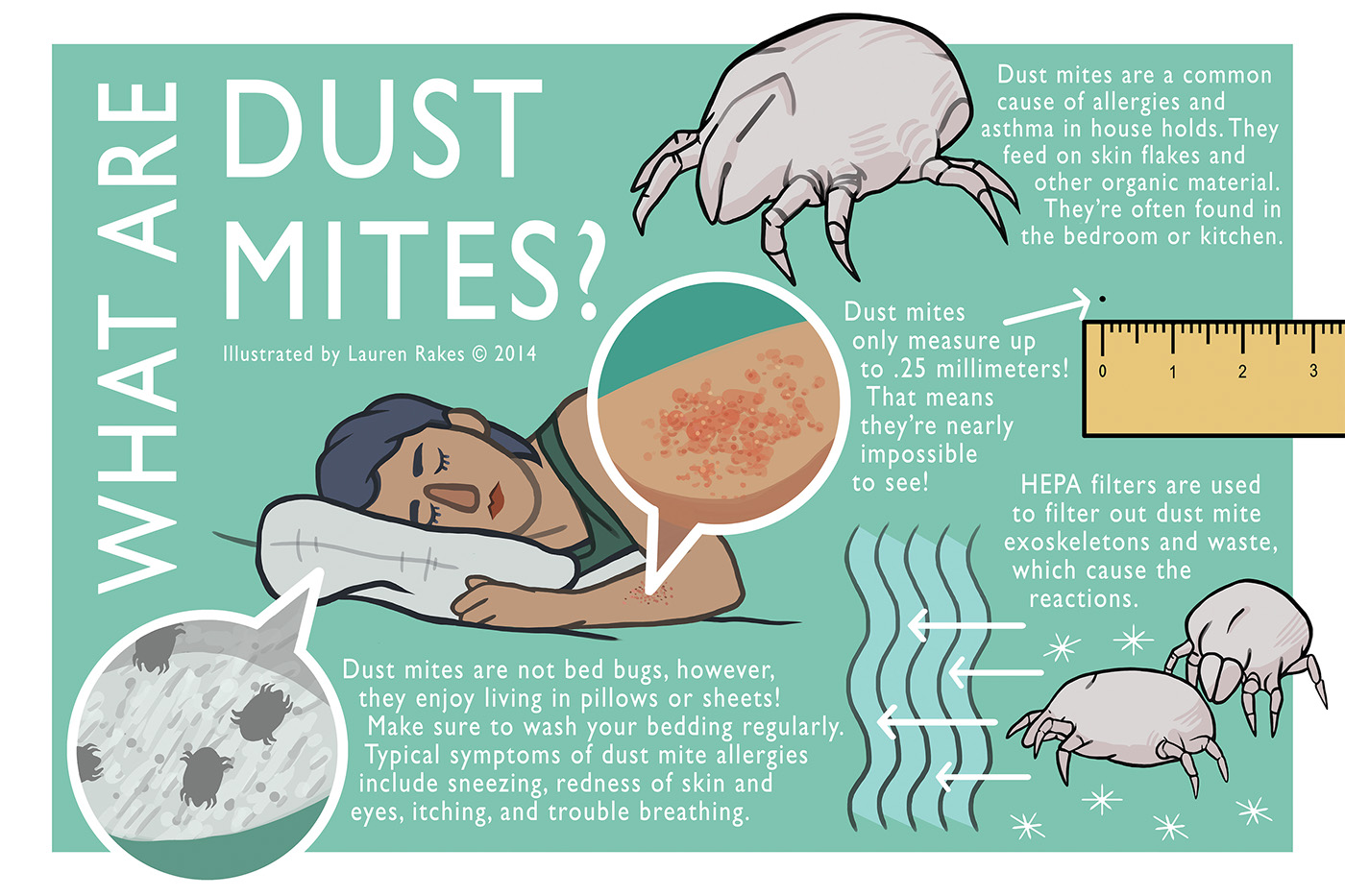
.png?sfvrsn=5c0b9a94_2)
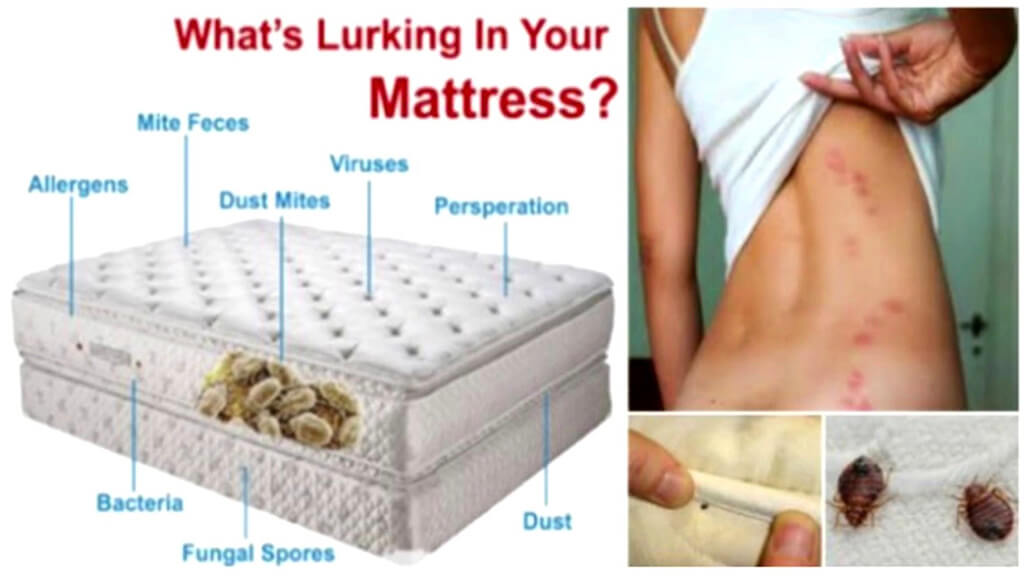
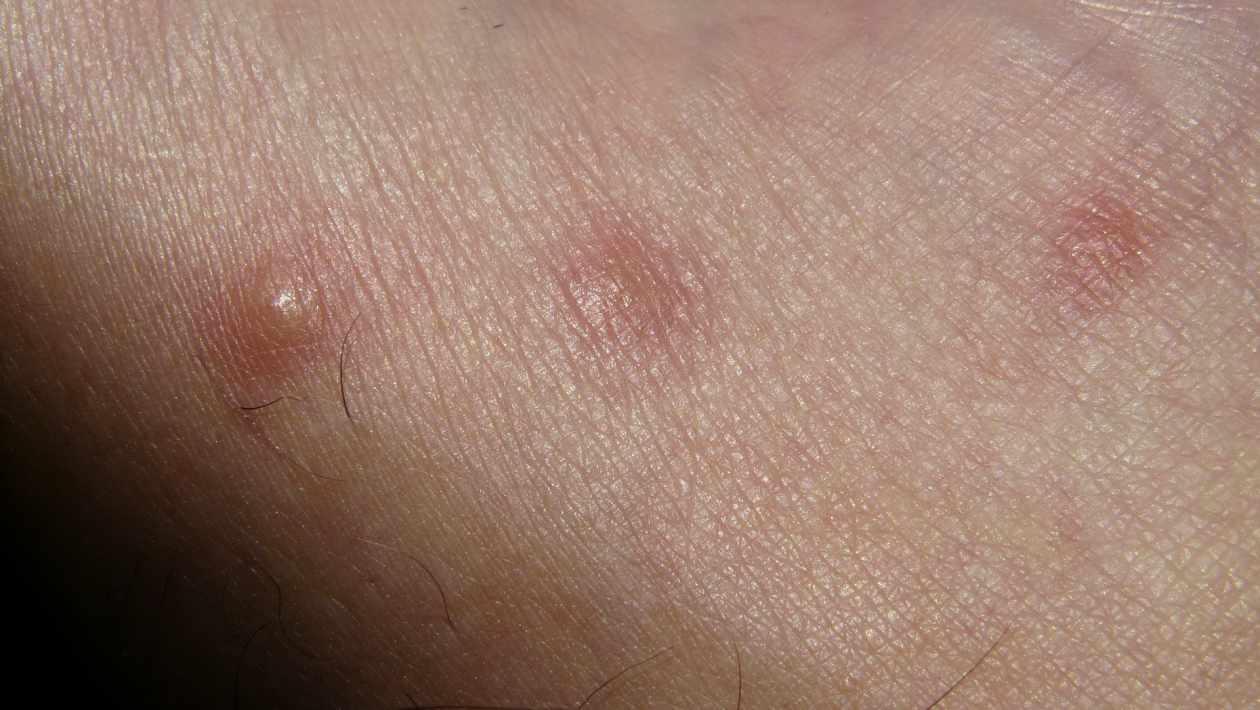
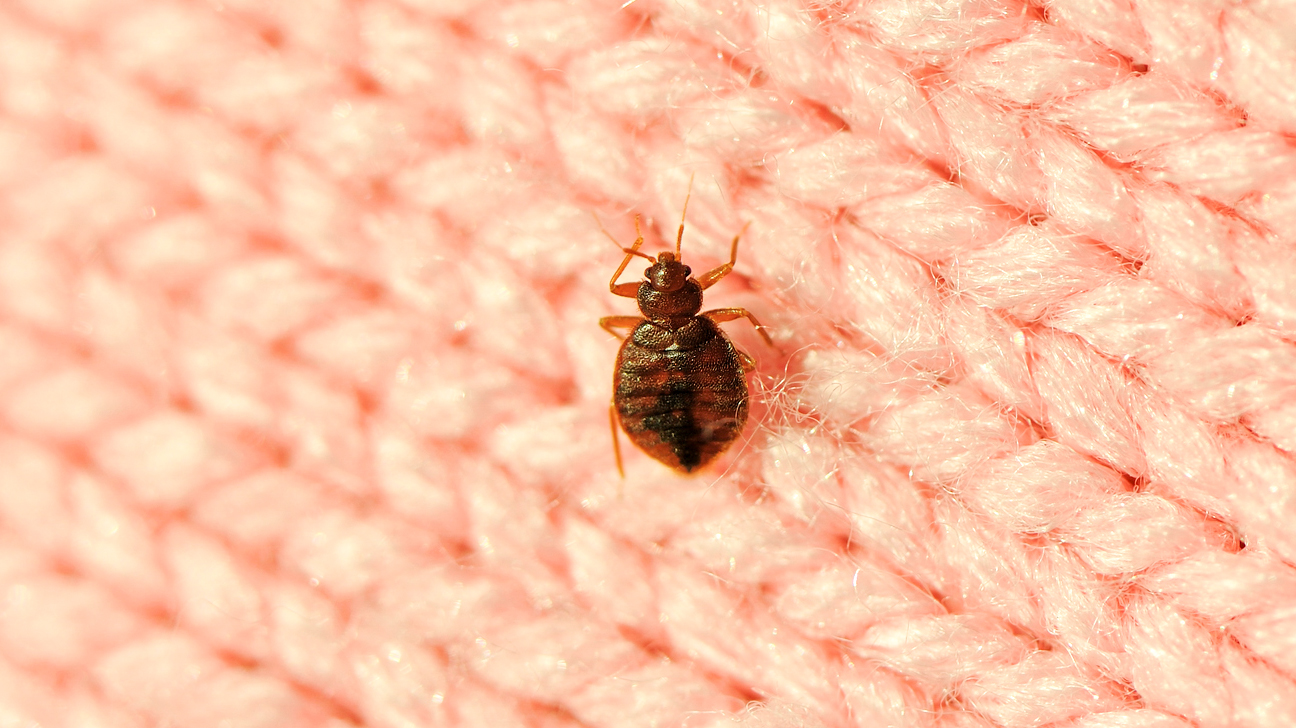















:max_bytes(150000):strip_icc()/clean-your-mattress-the-natural-way-350742-14-5a99efe91be349449c3178993b367746.jpg)
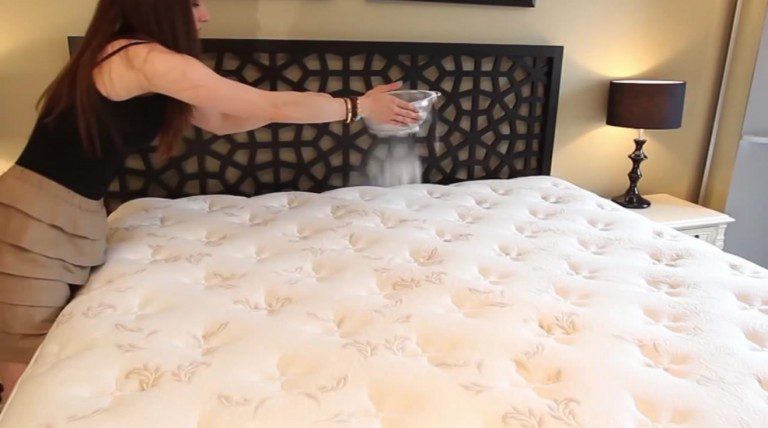



:max_bytes(150000):strip_icc()/clean-your-mattress-the-natural-way-350742-dd95404f7ac54f9b90f09045d9b4e98c.png)
